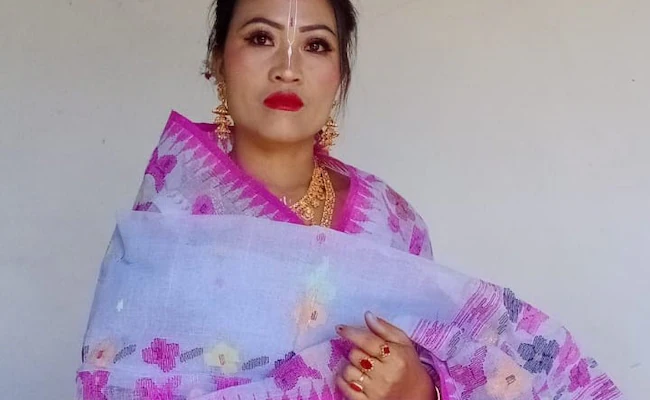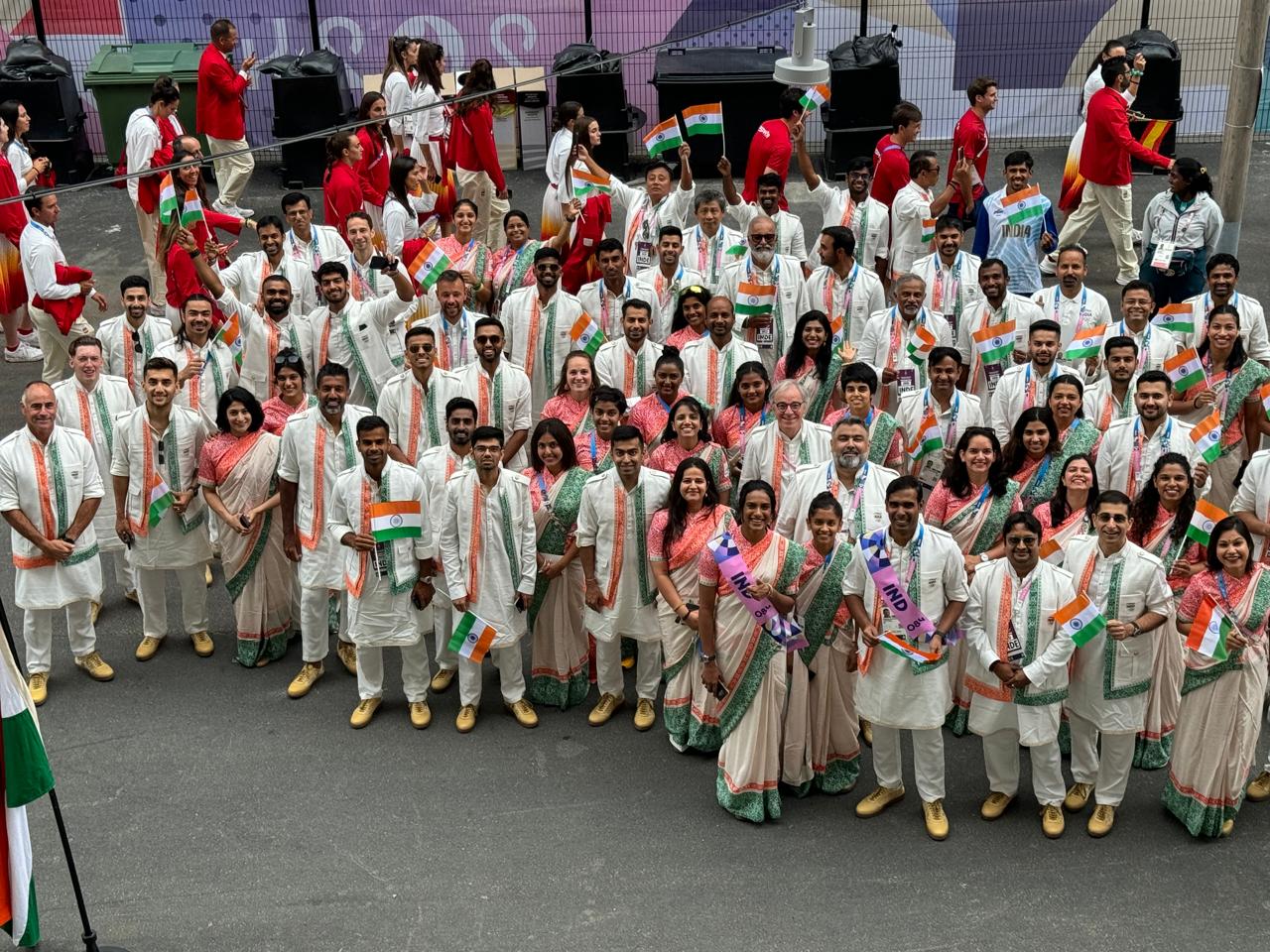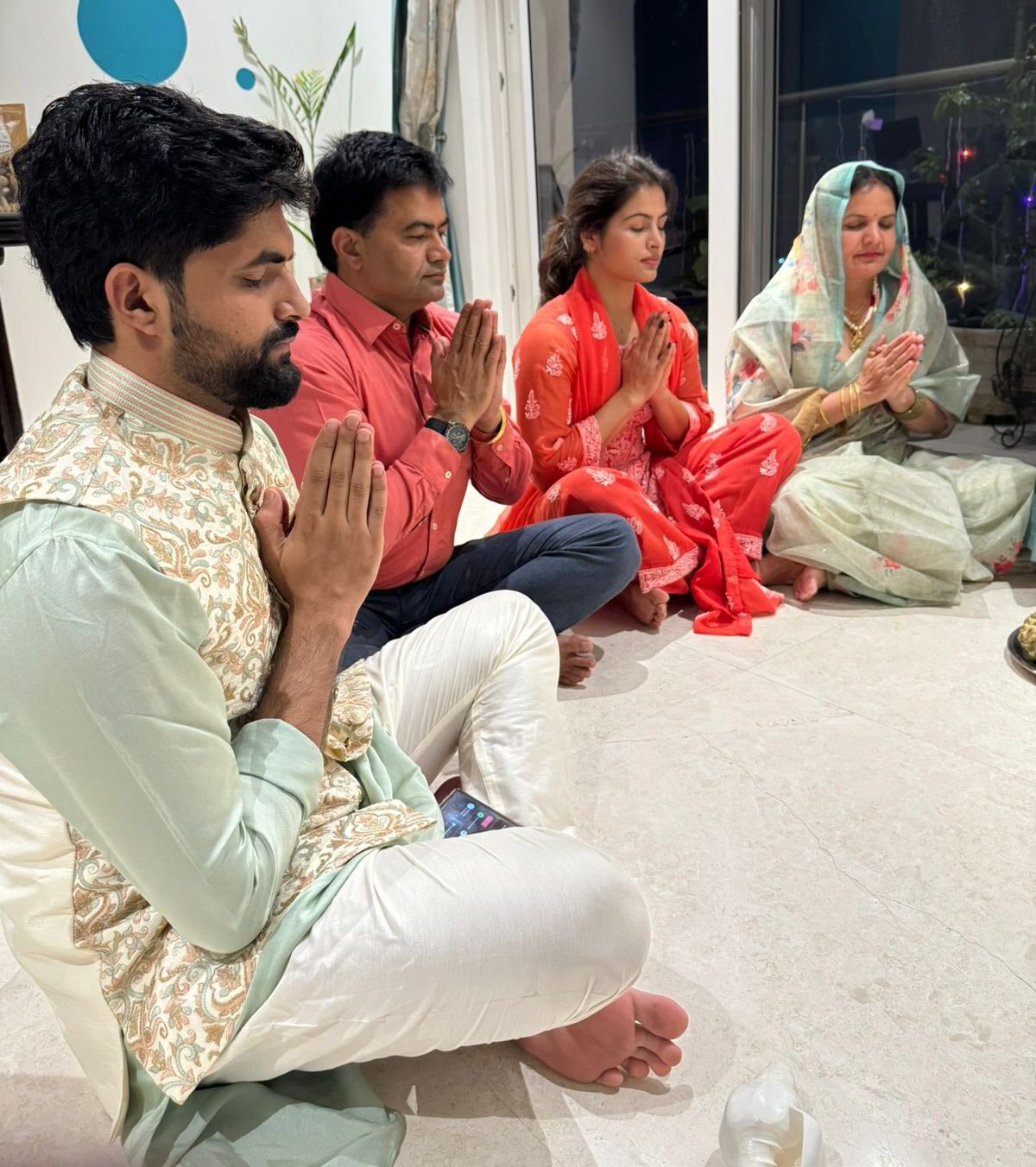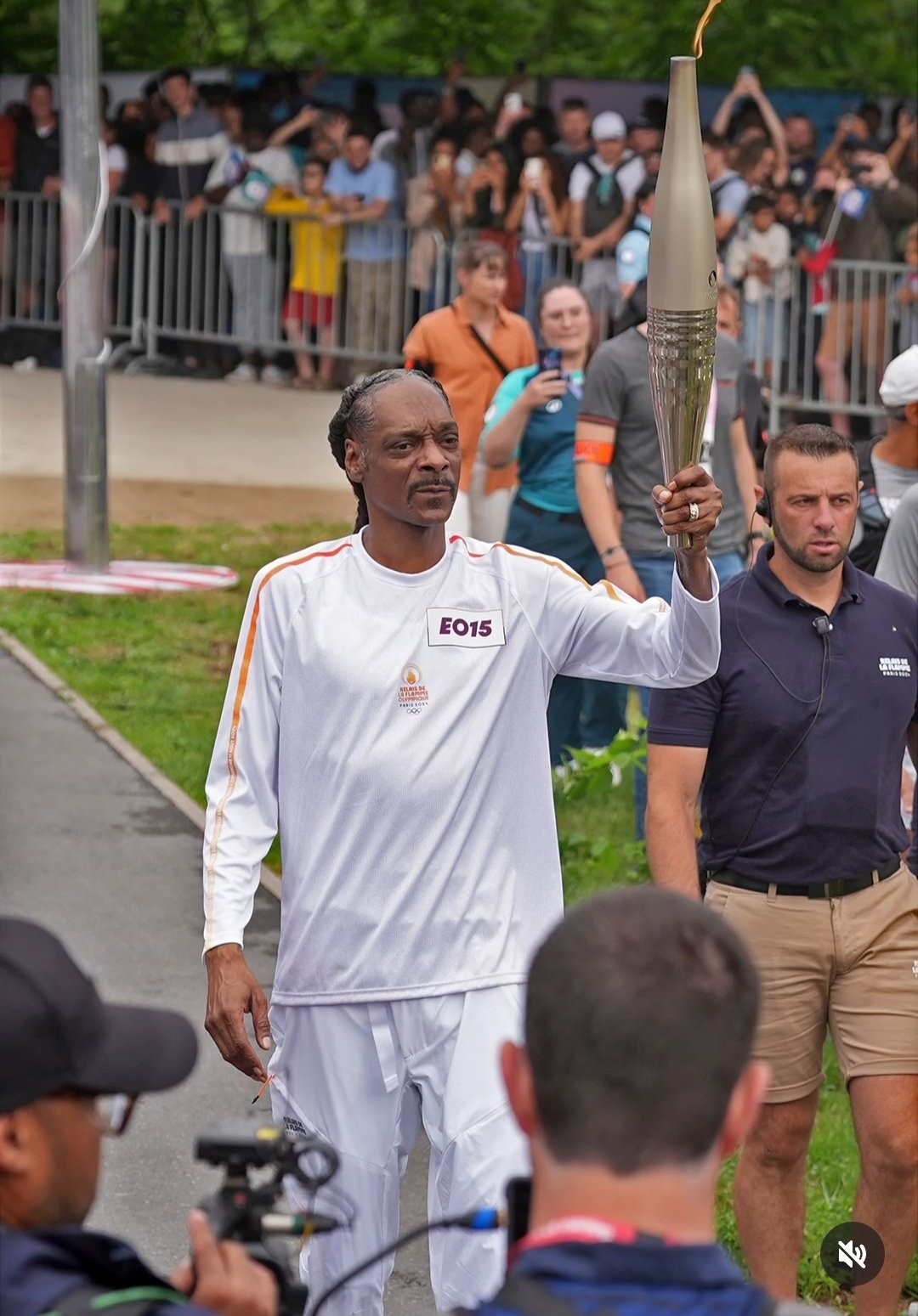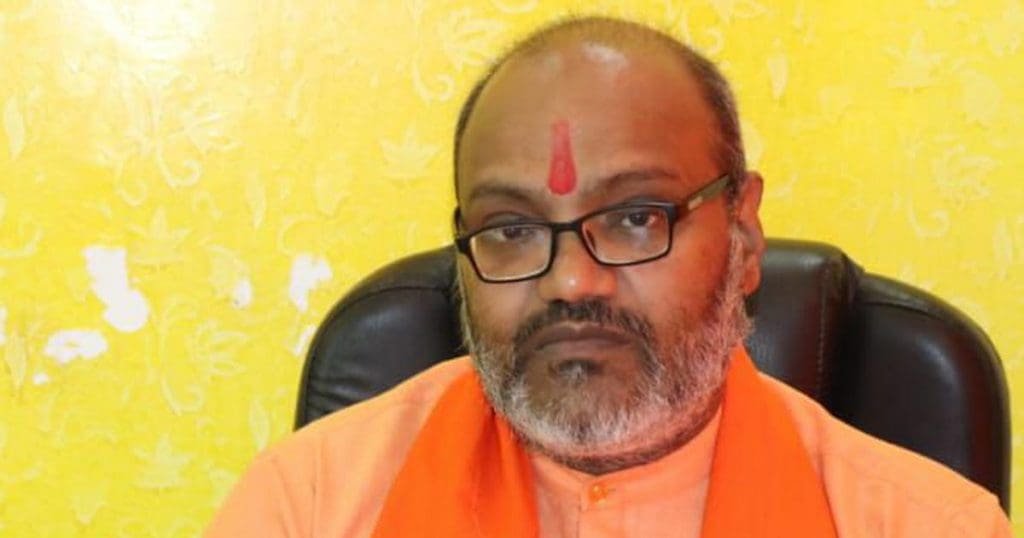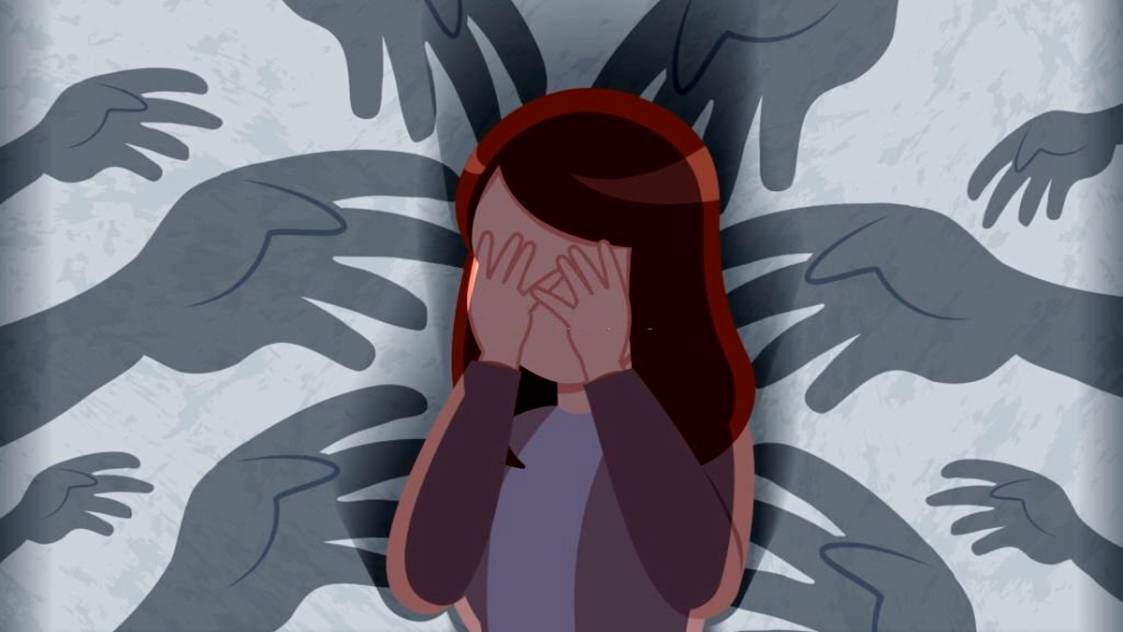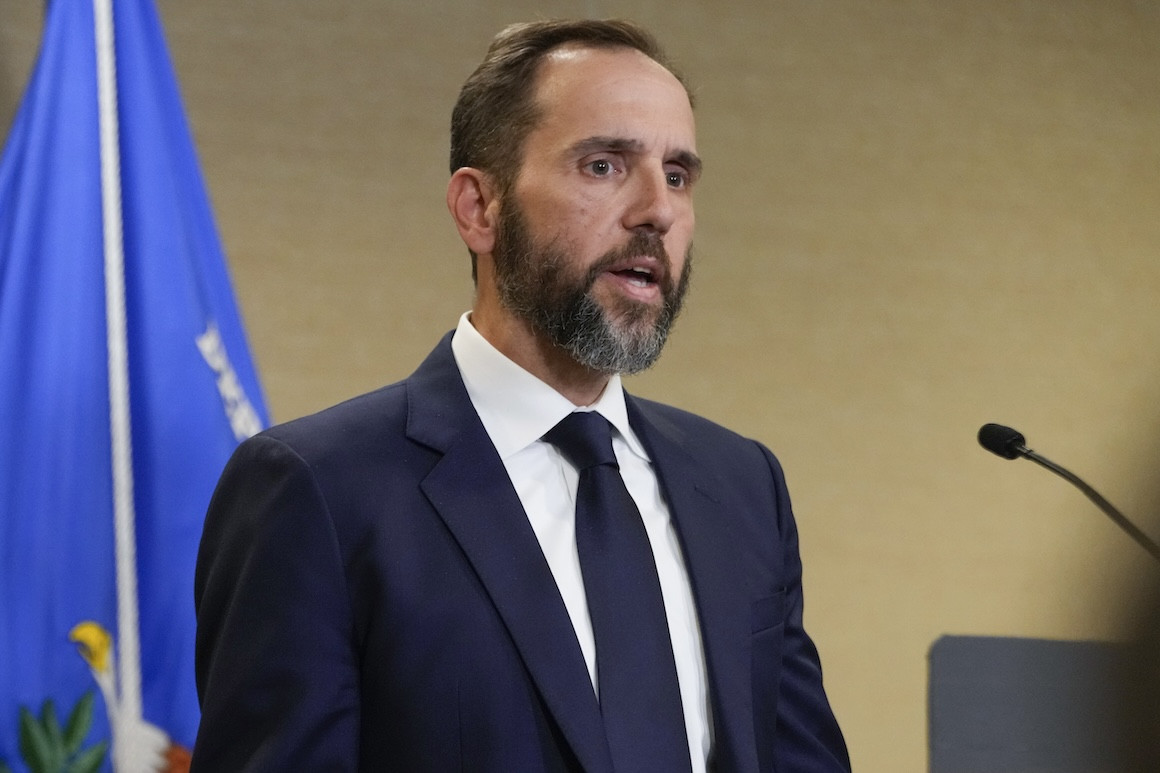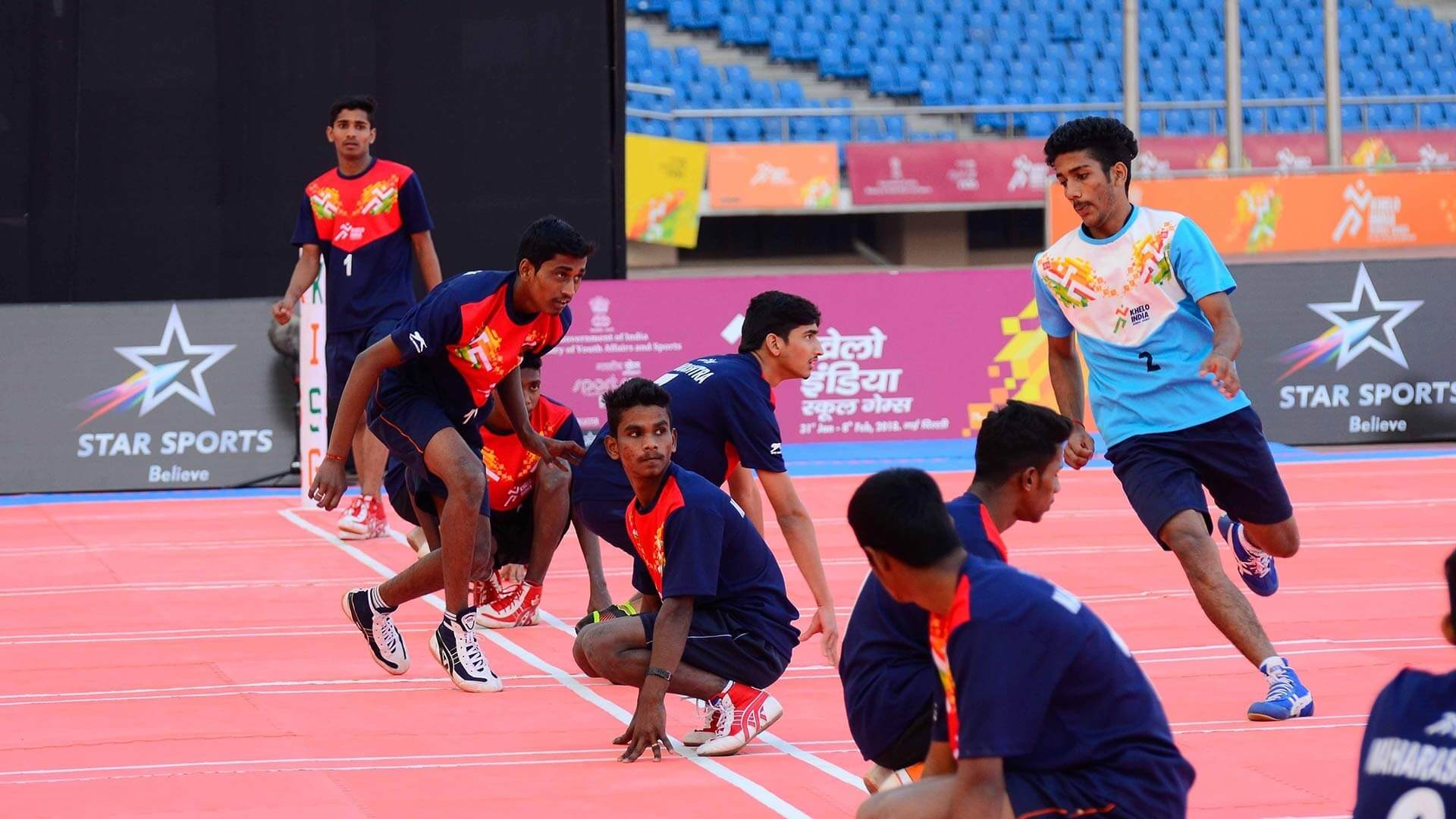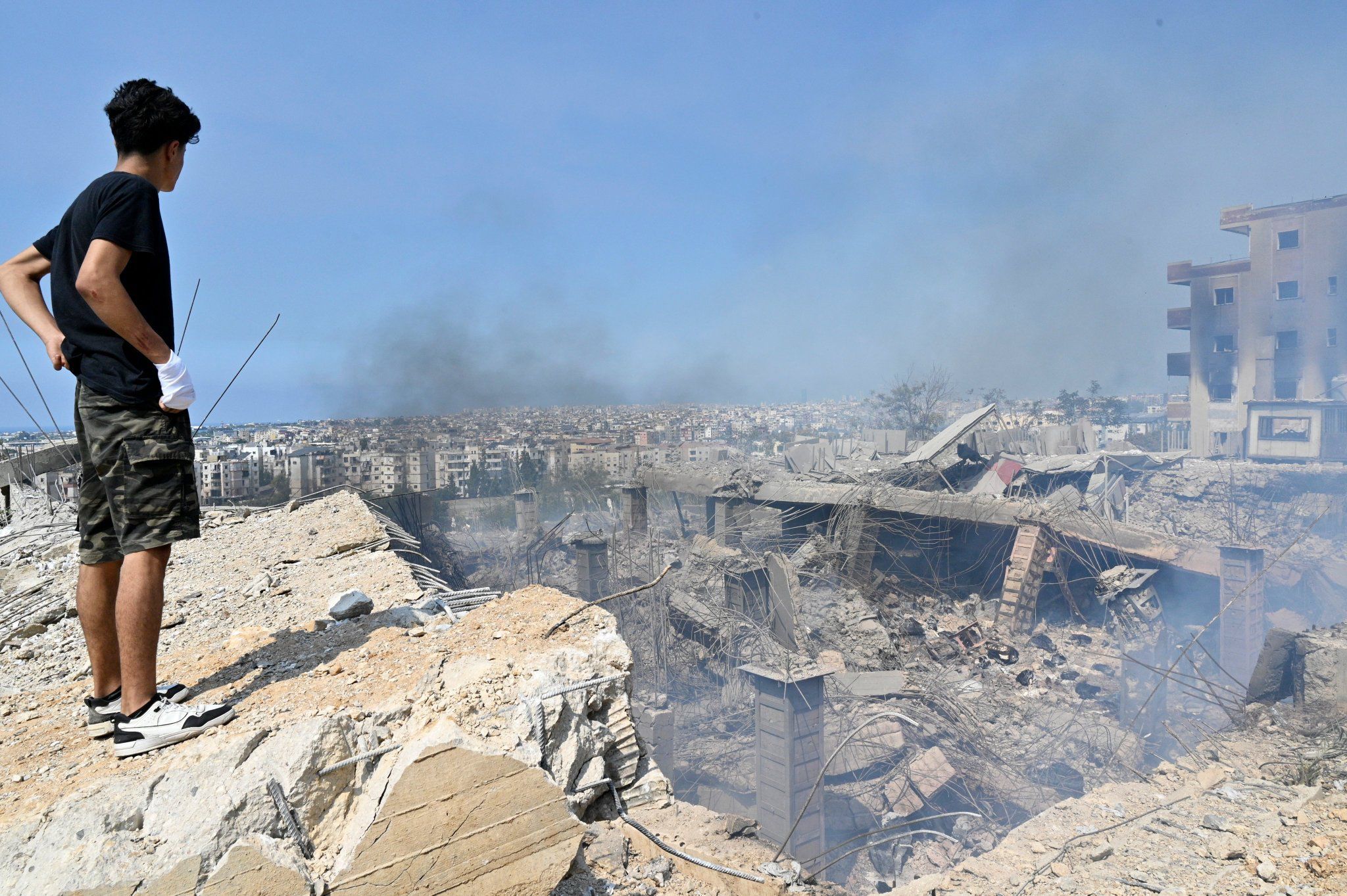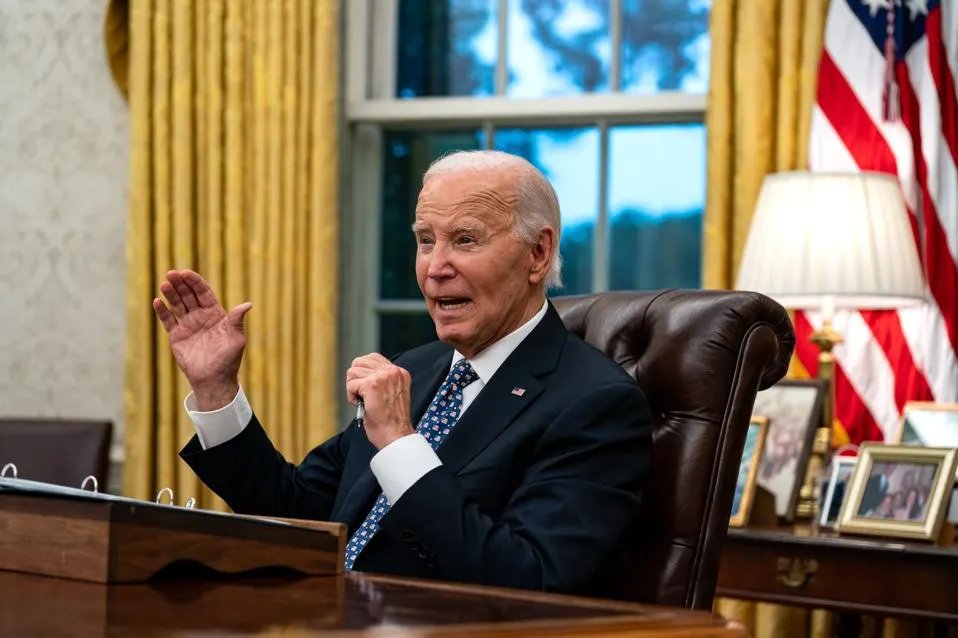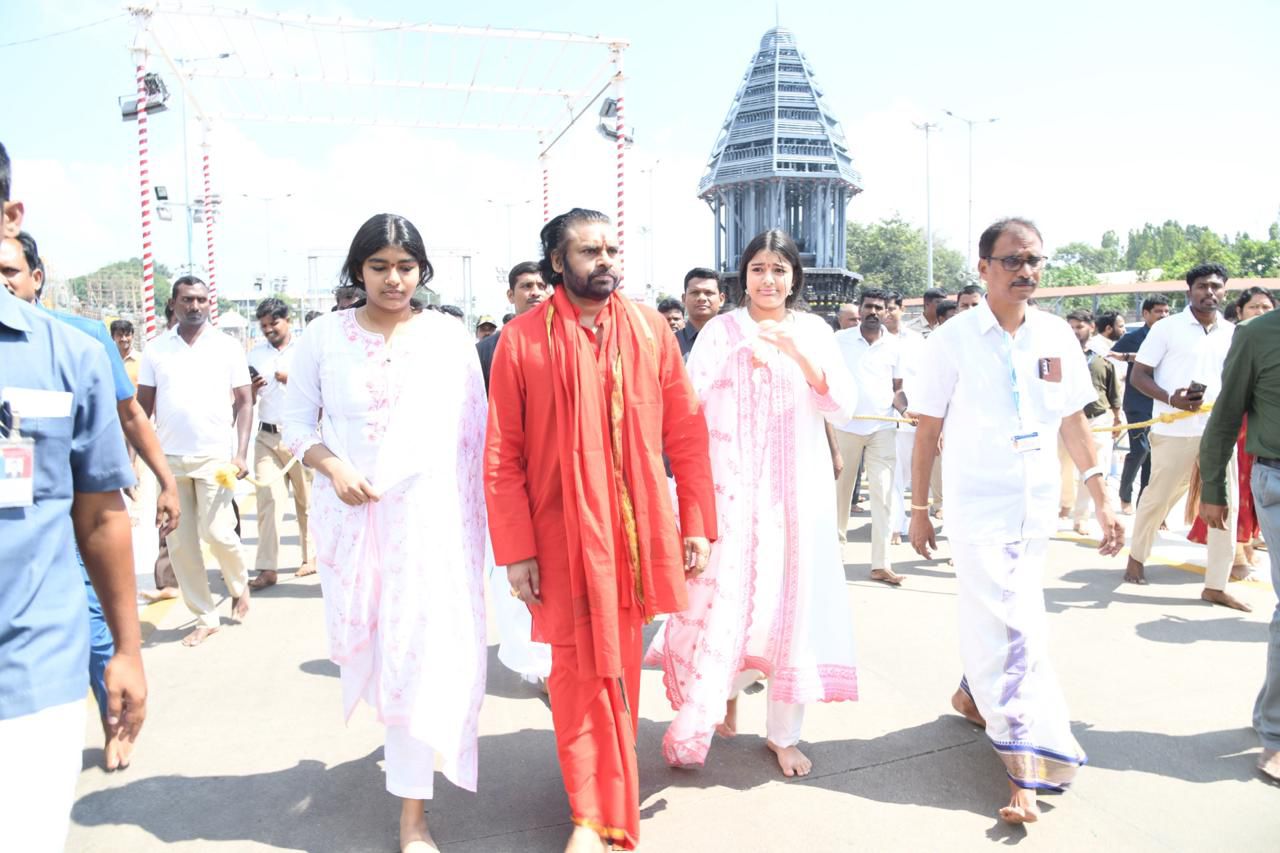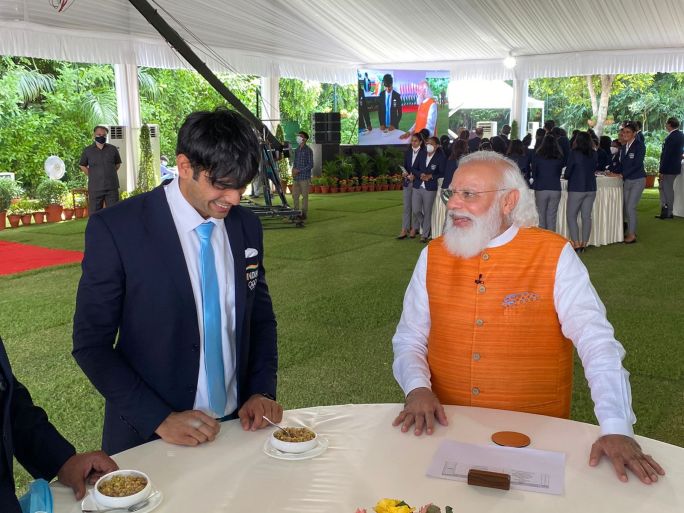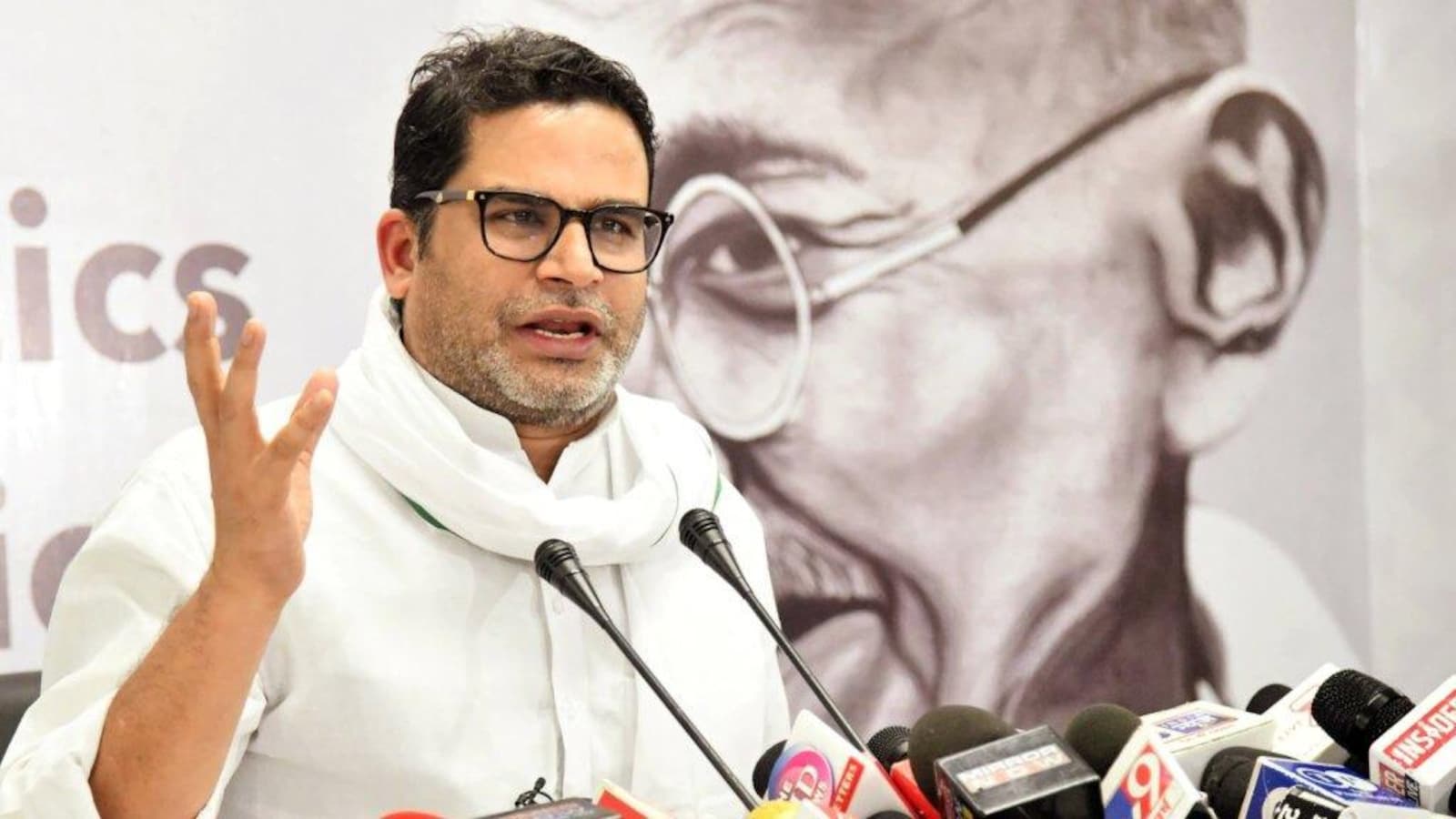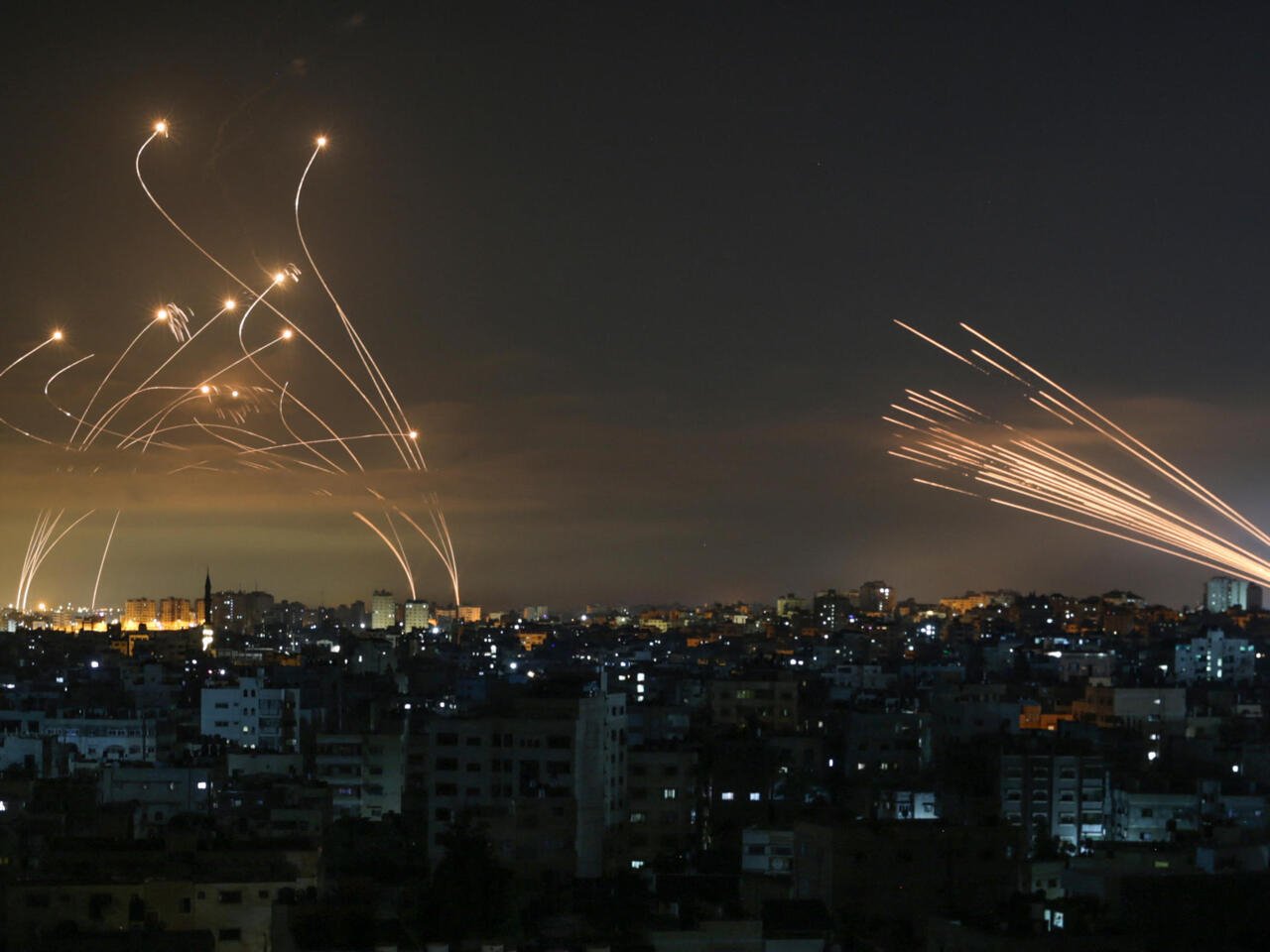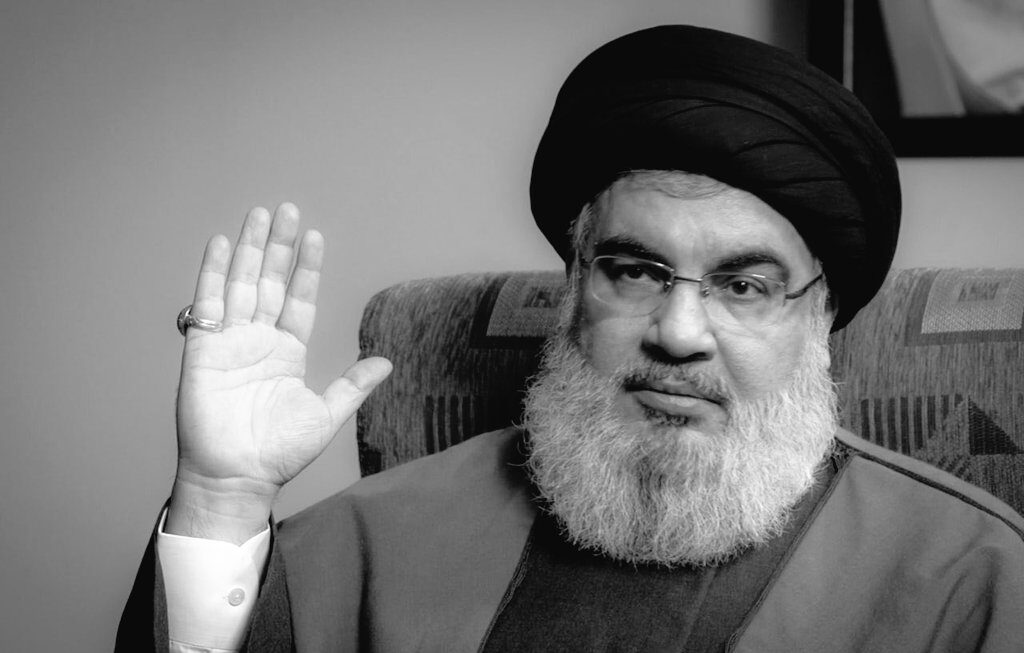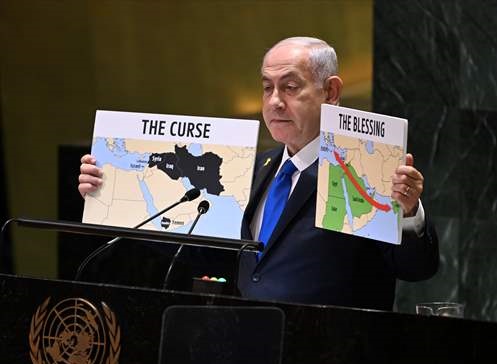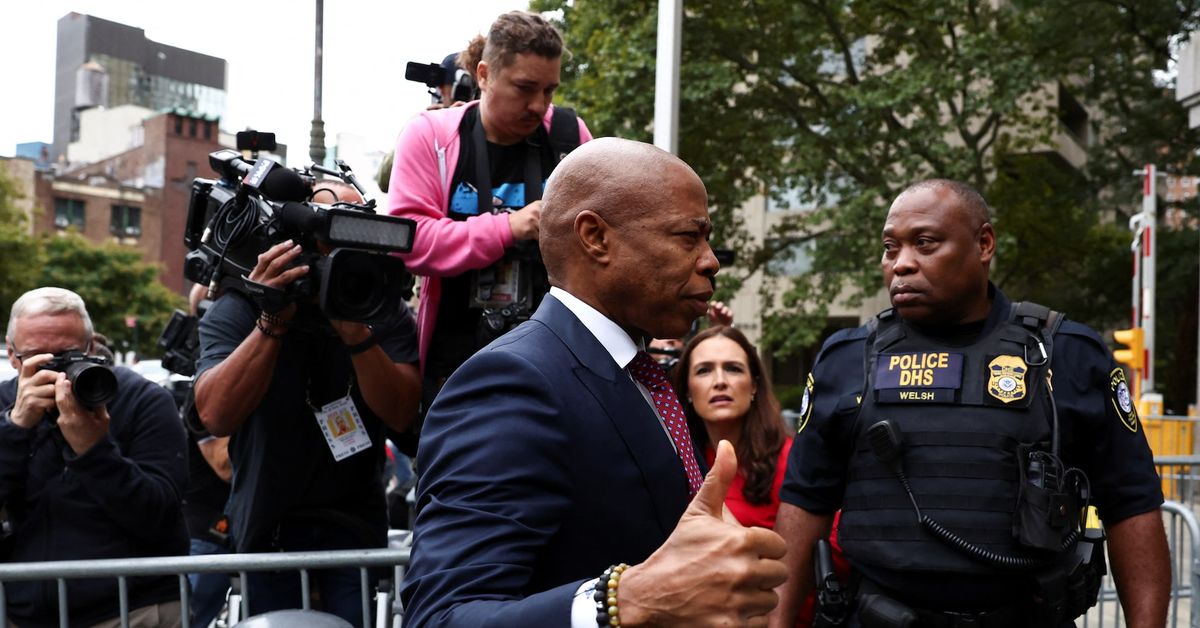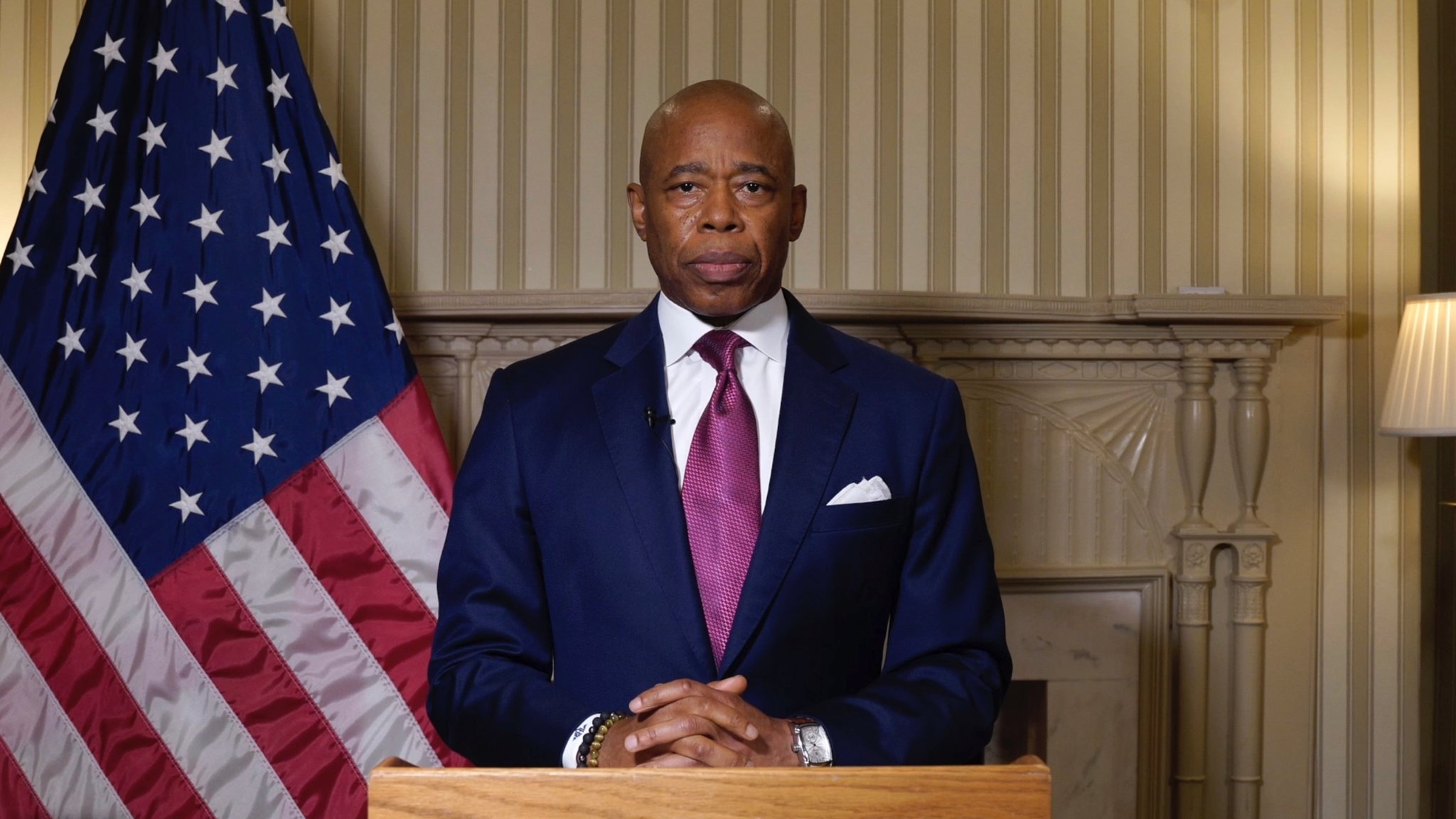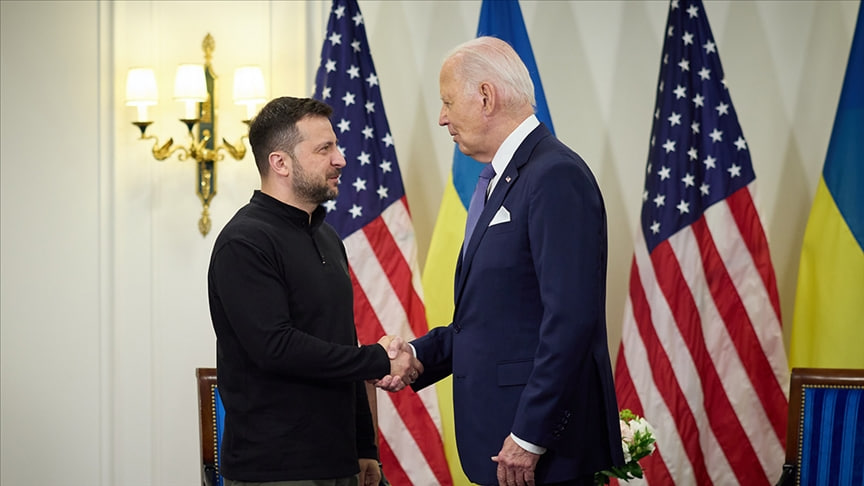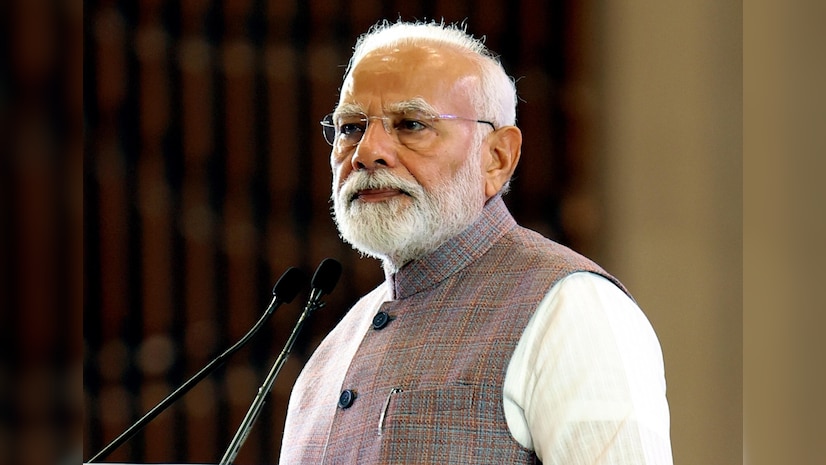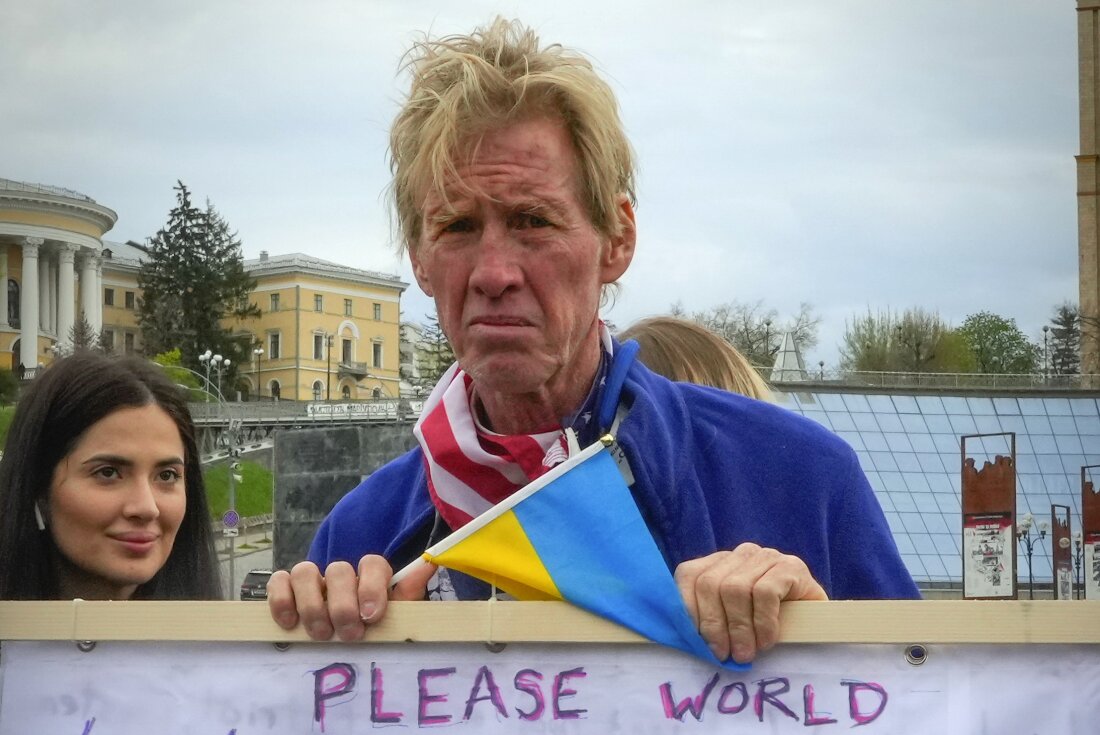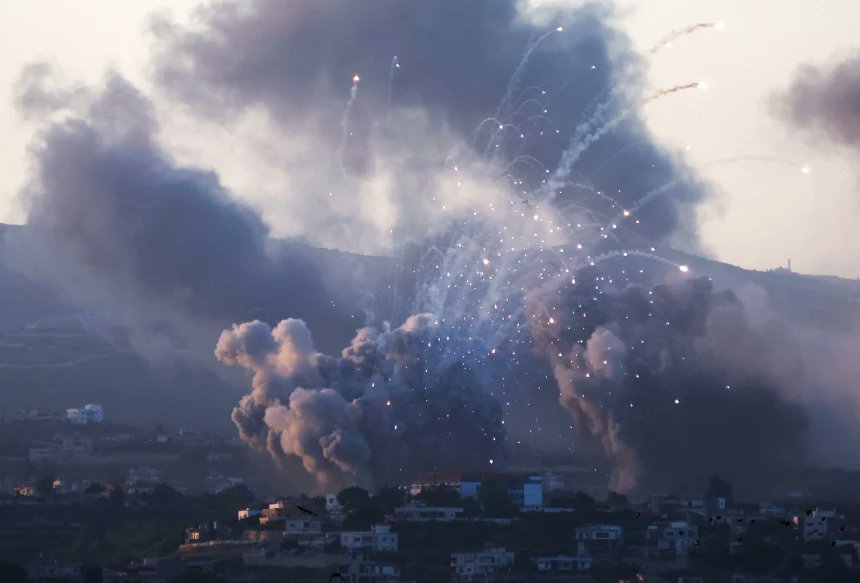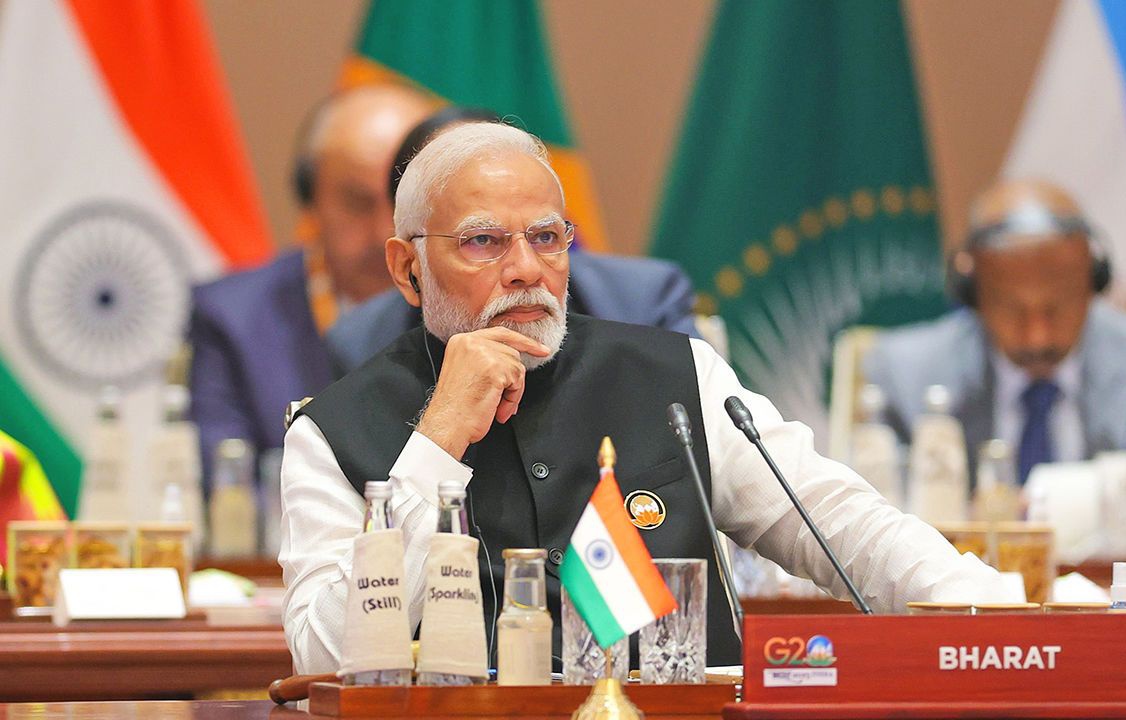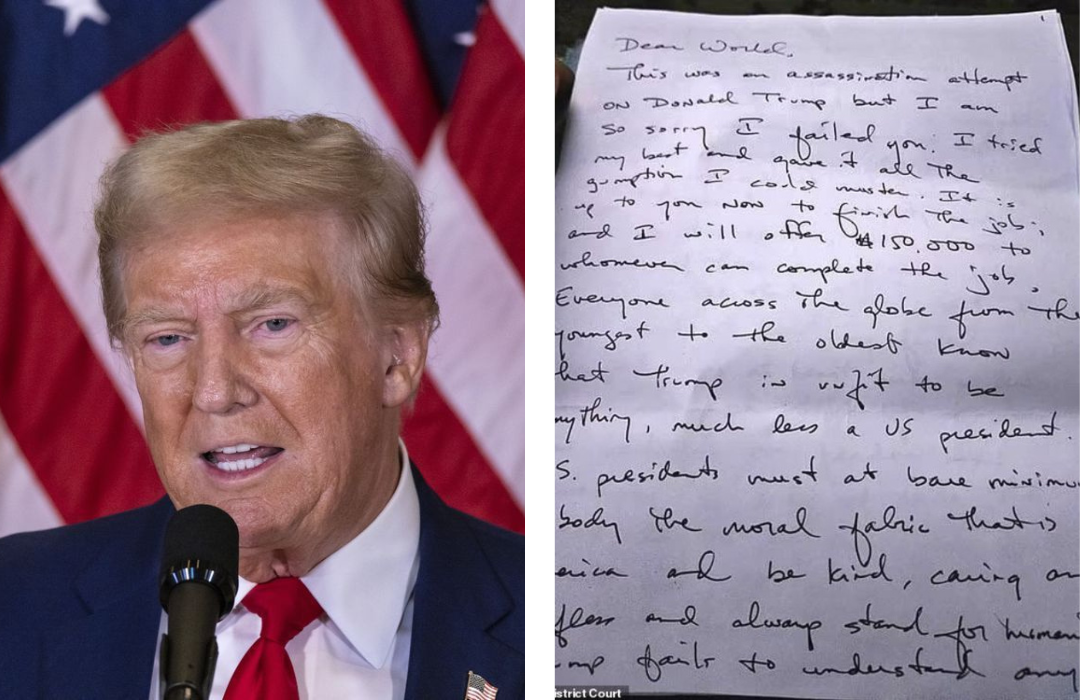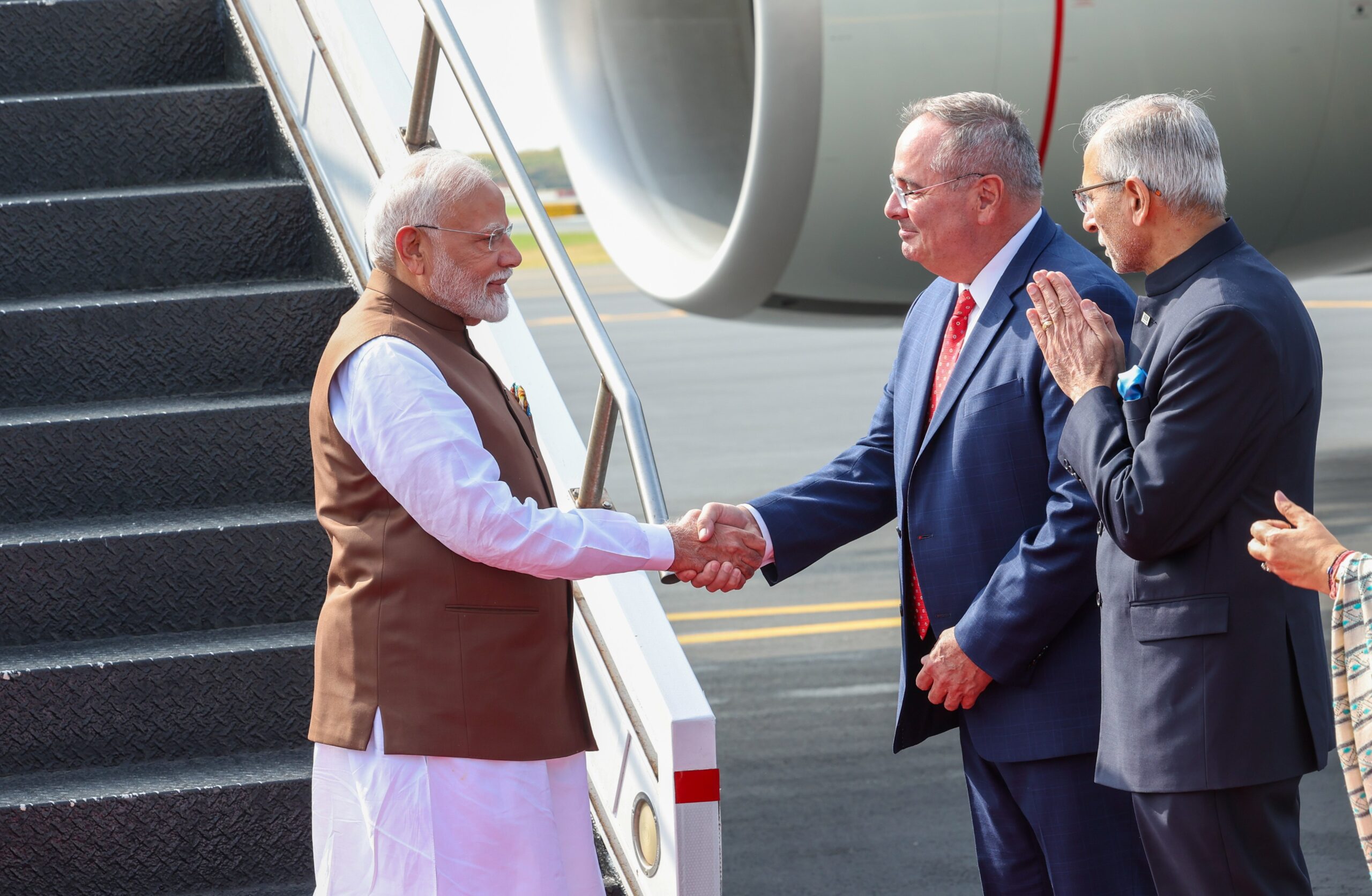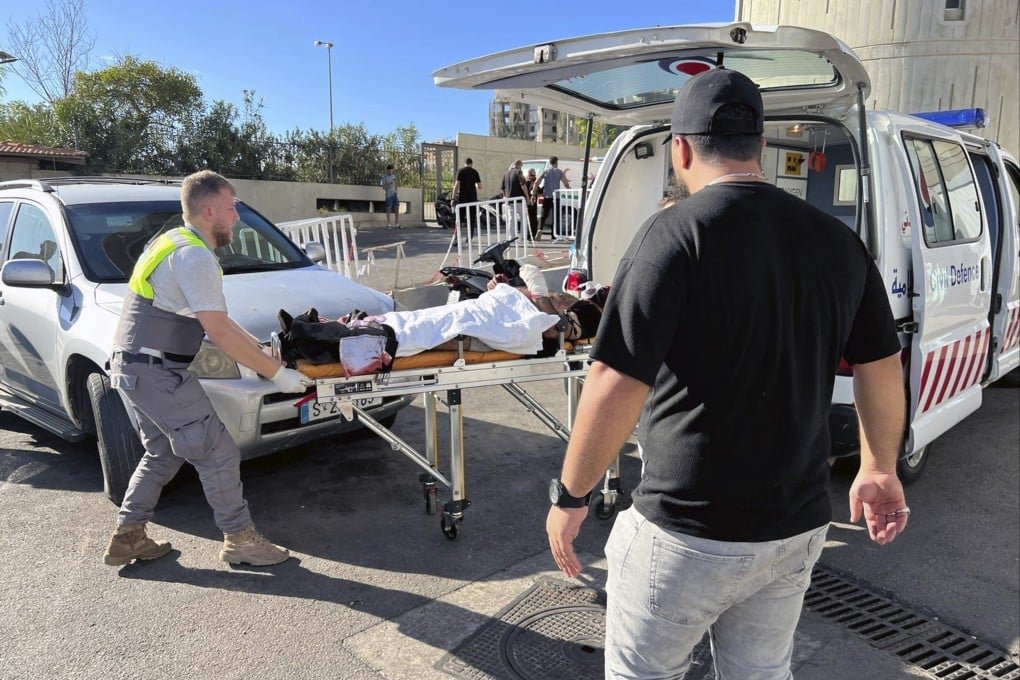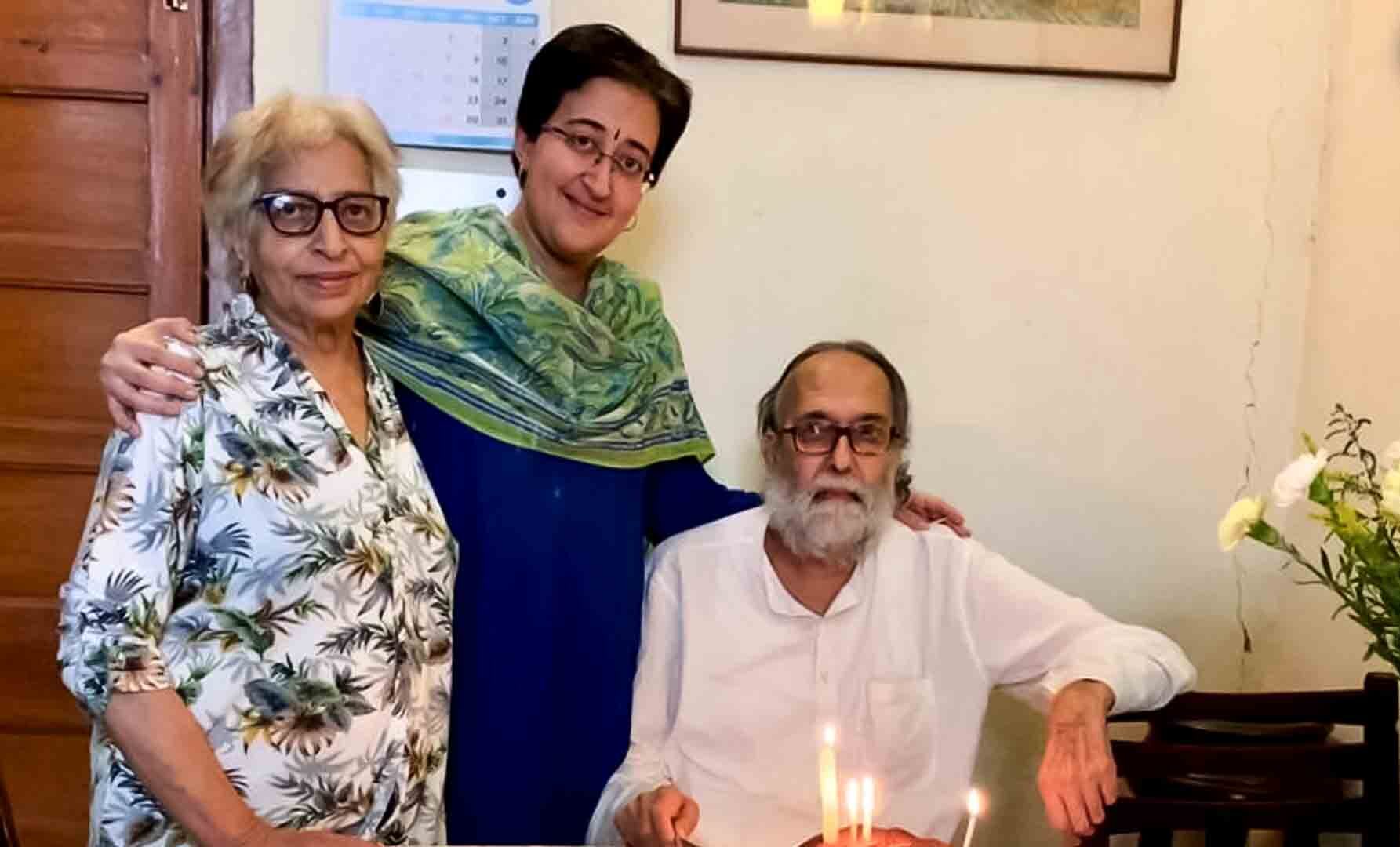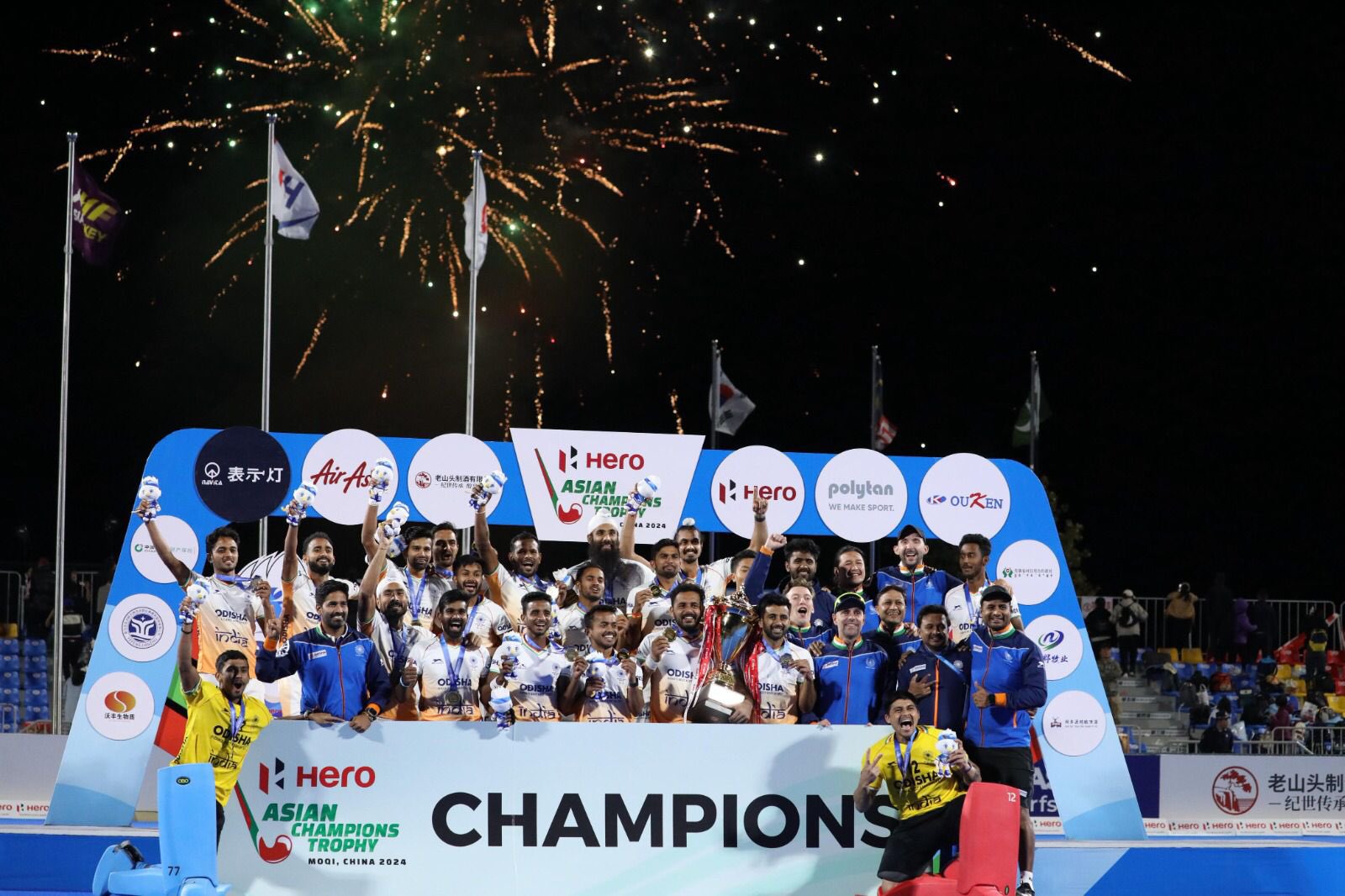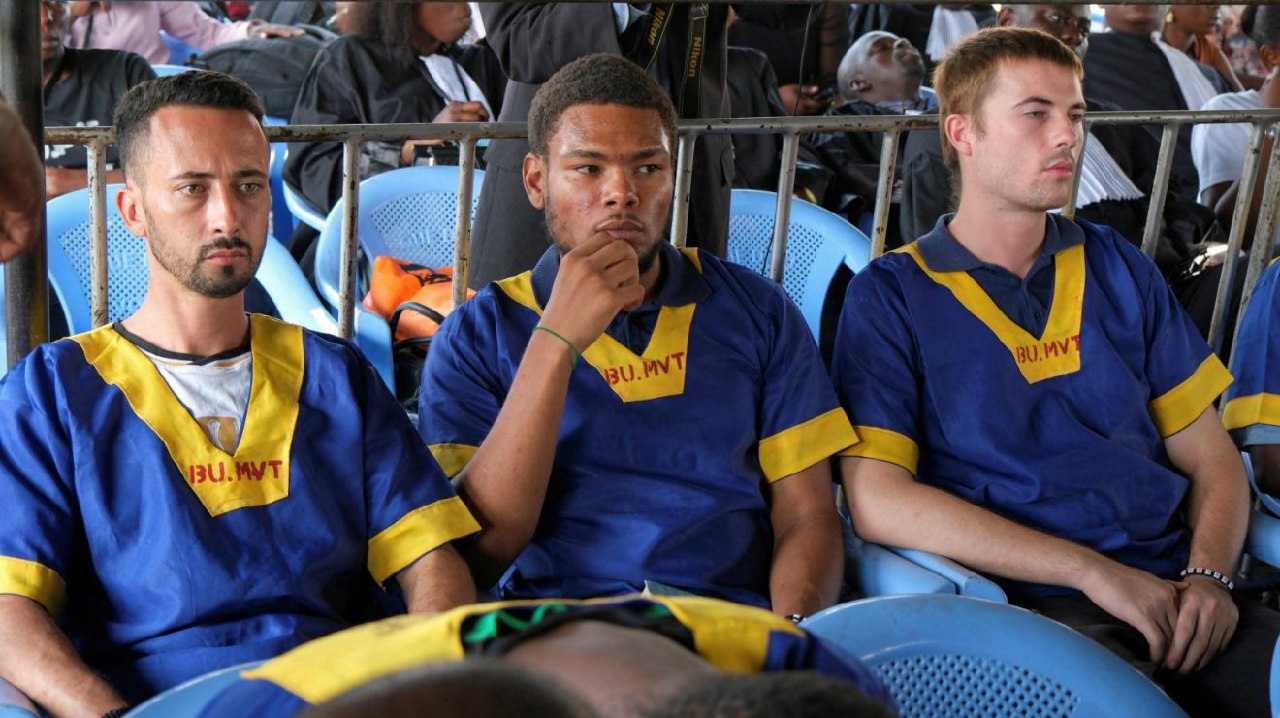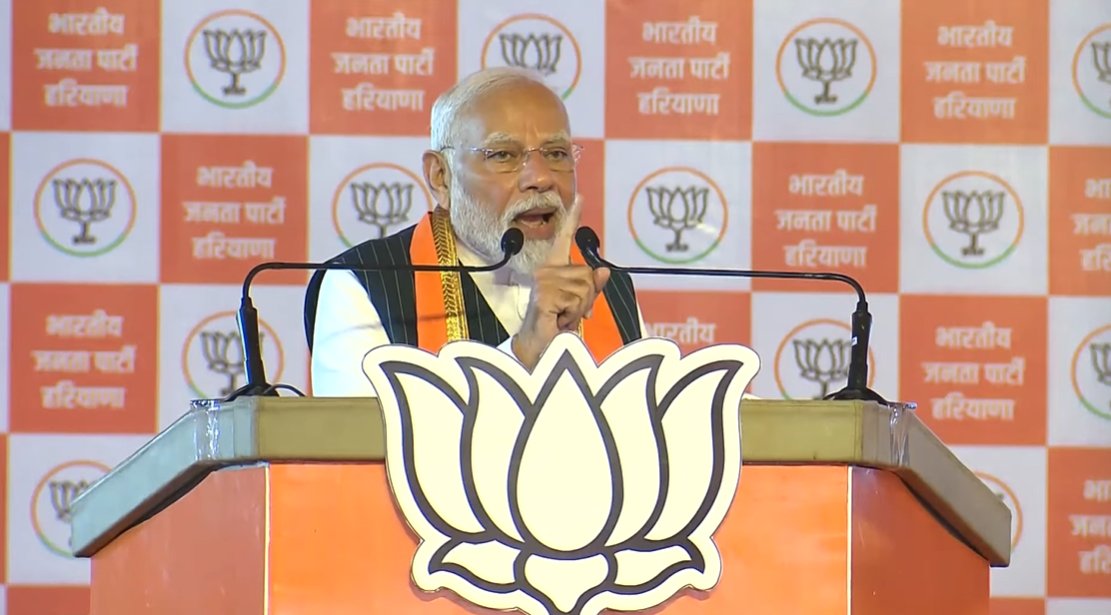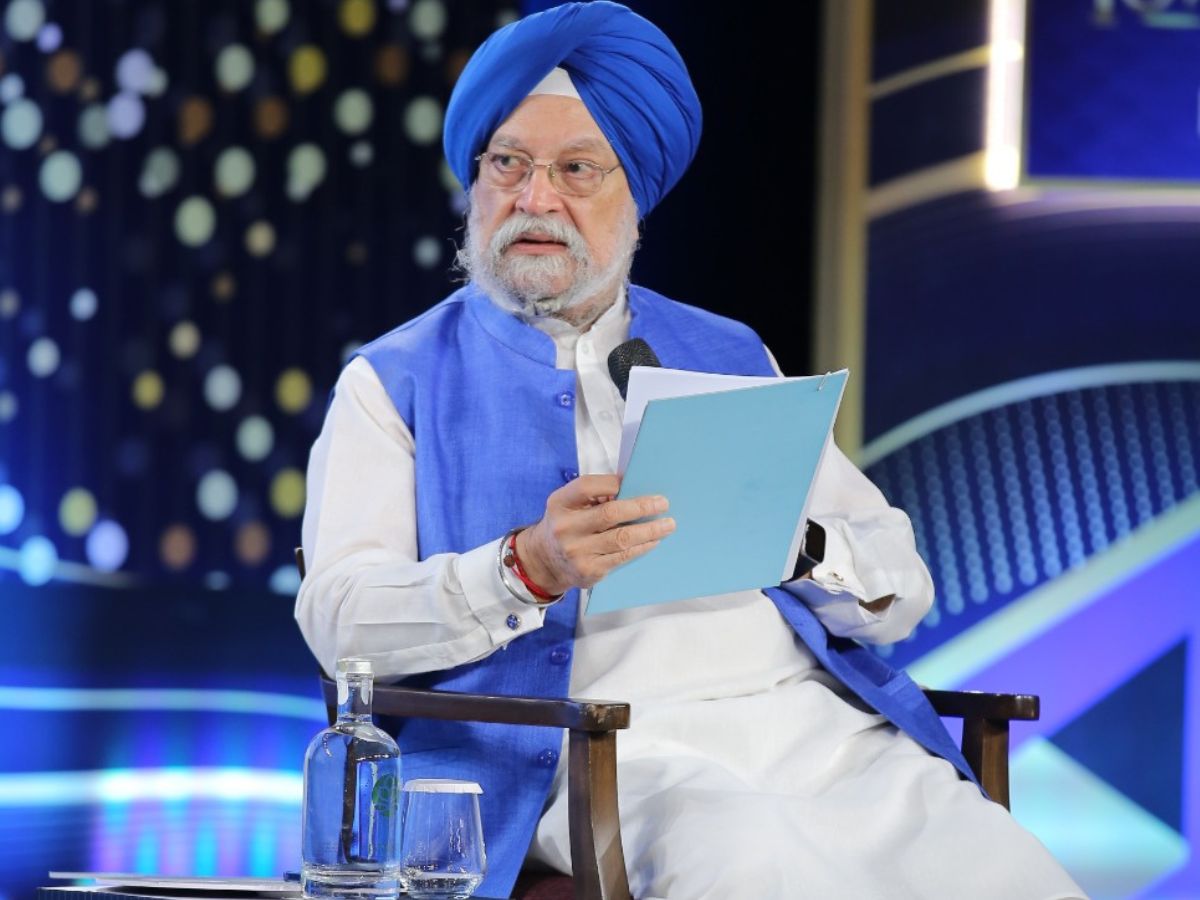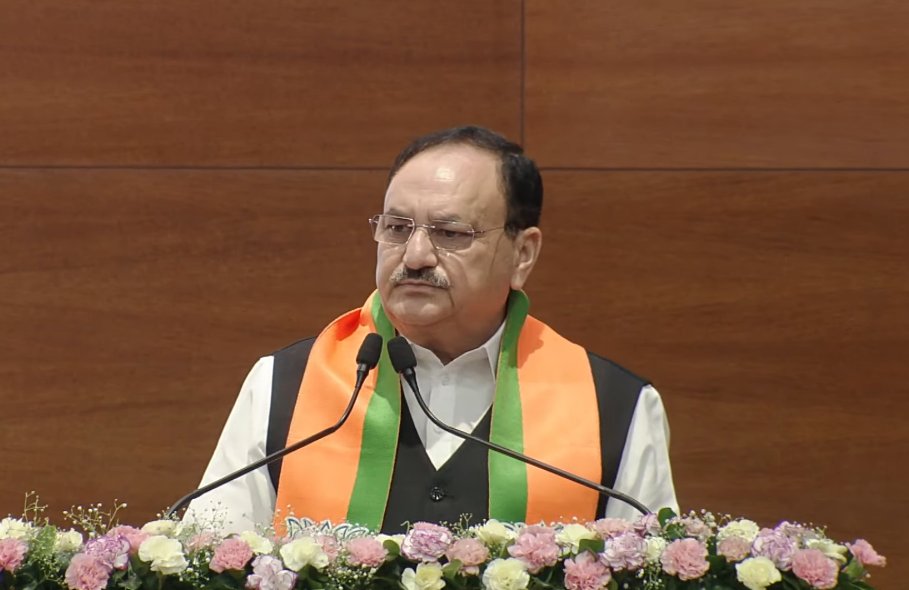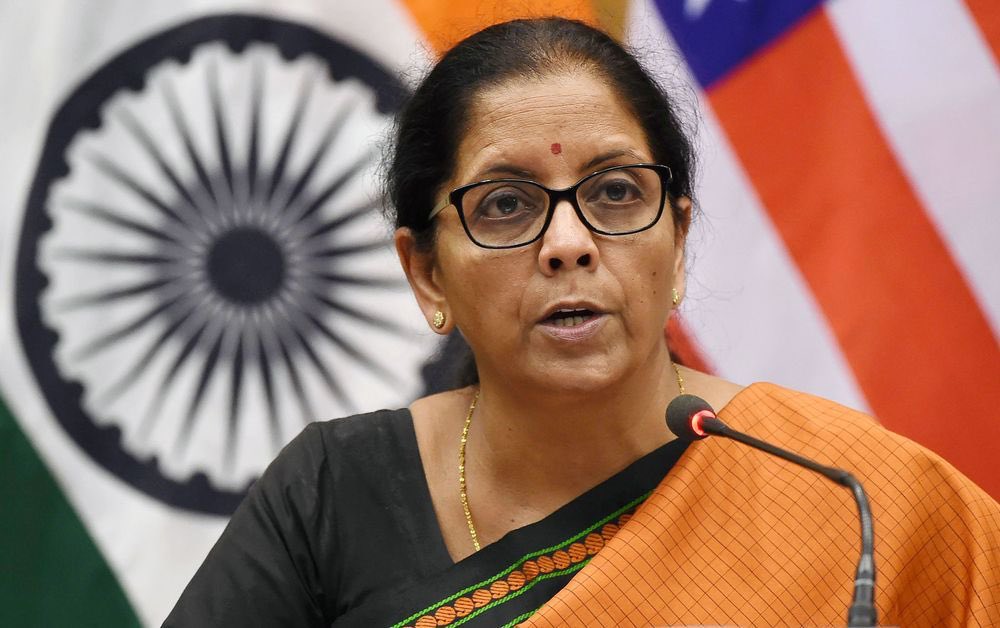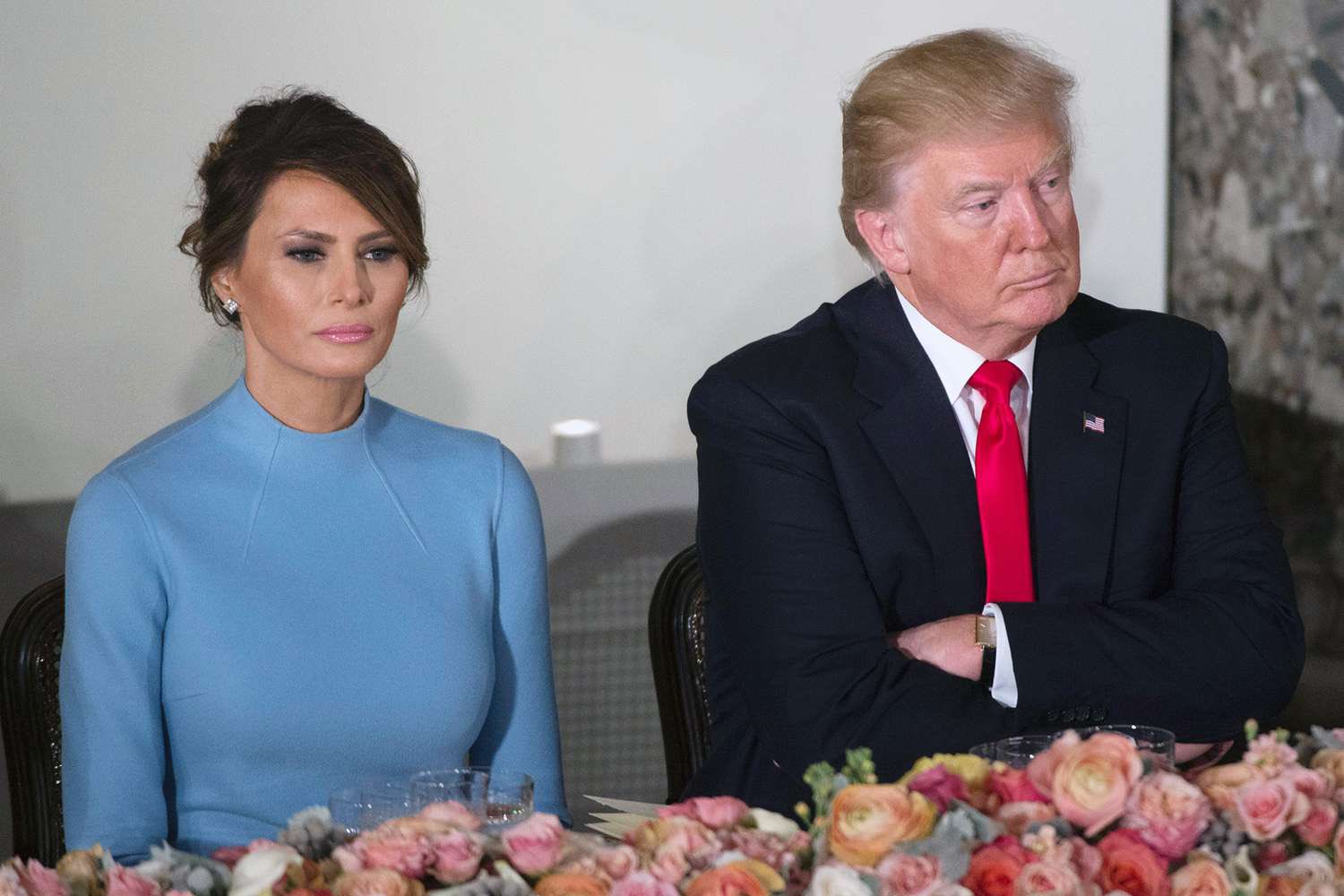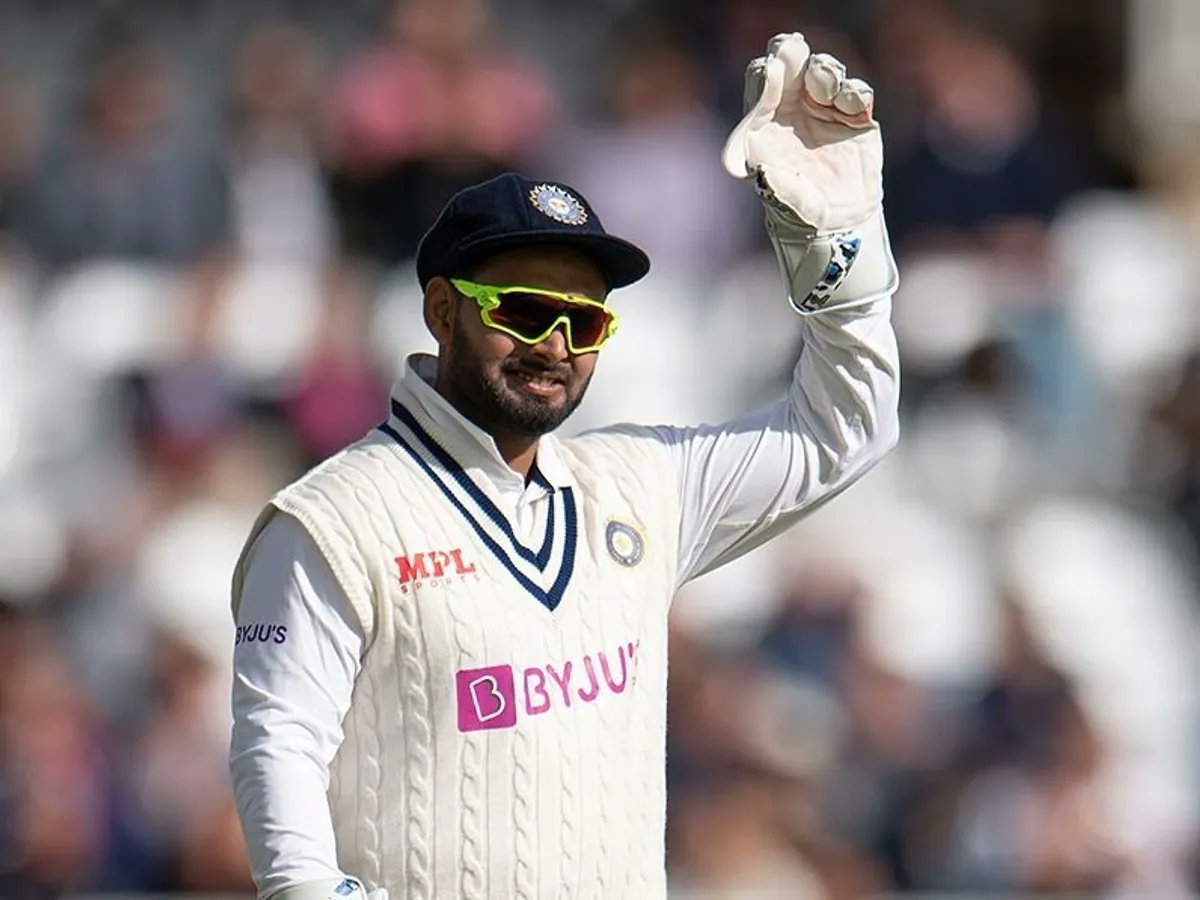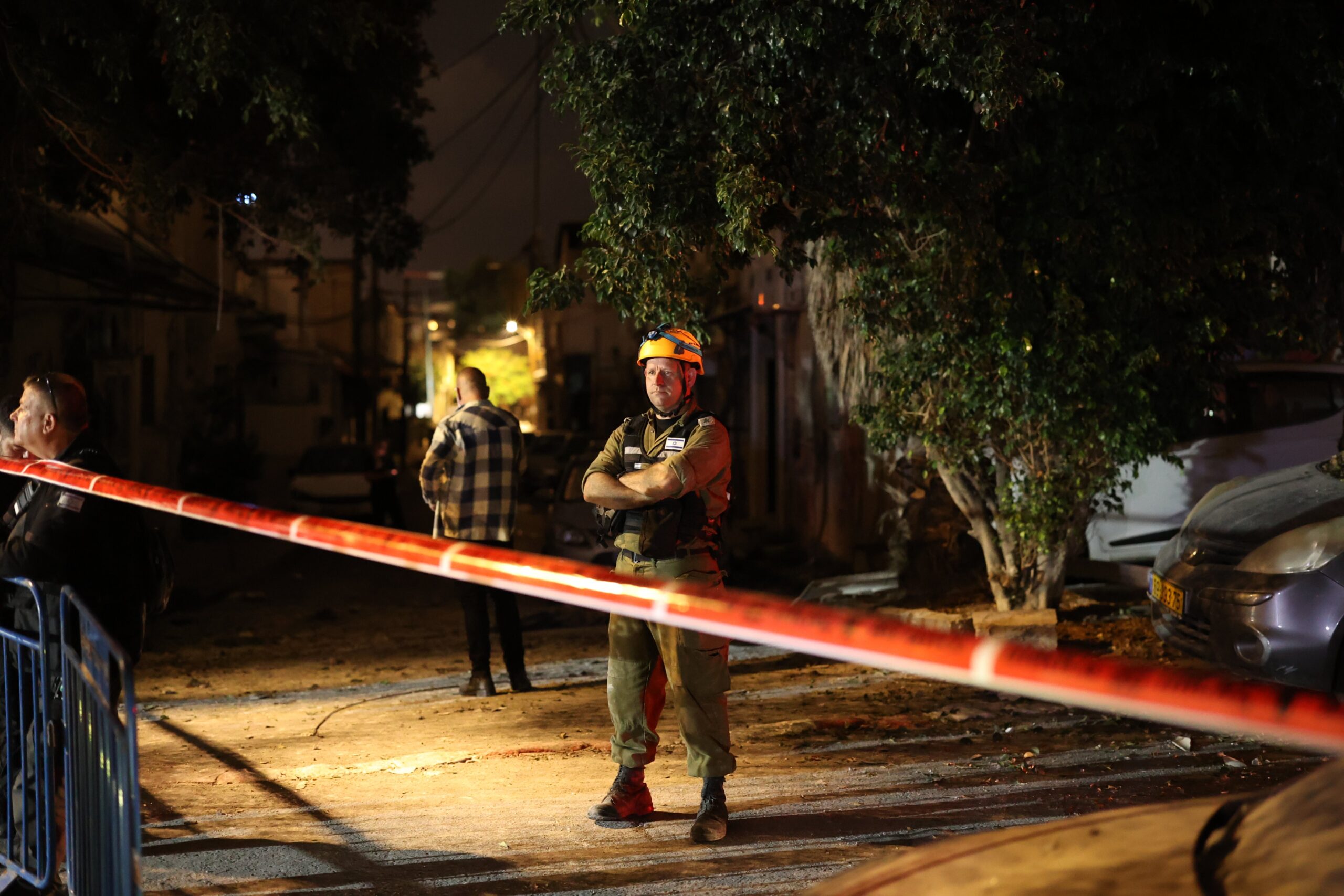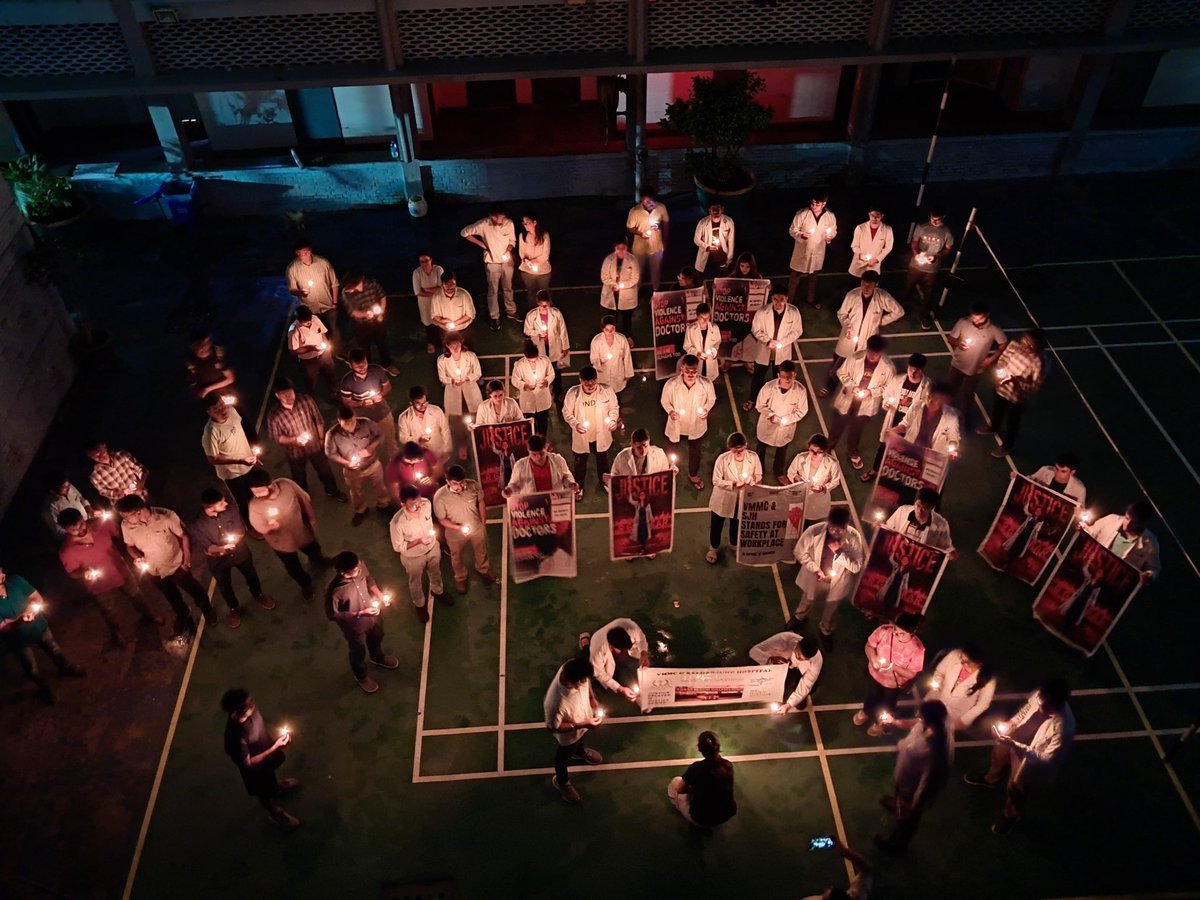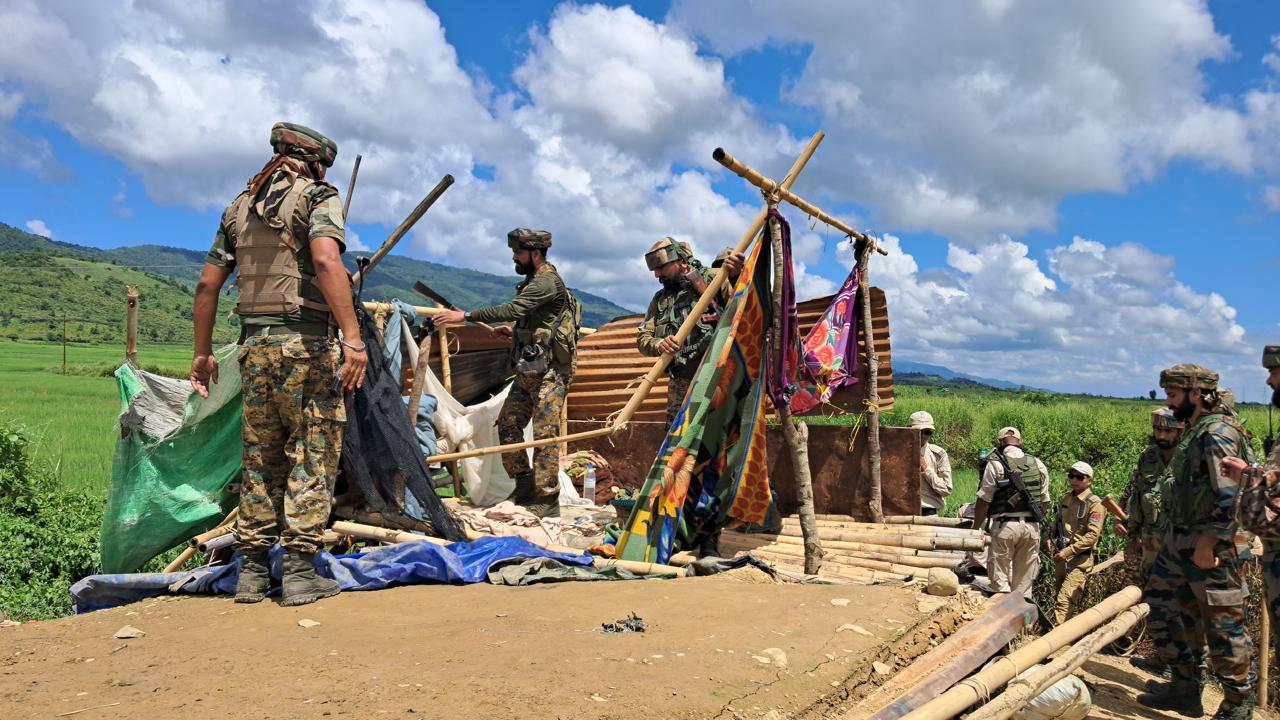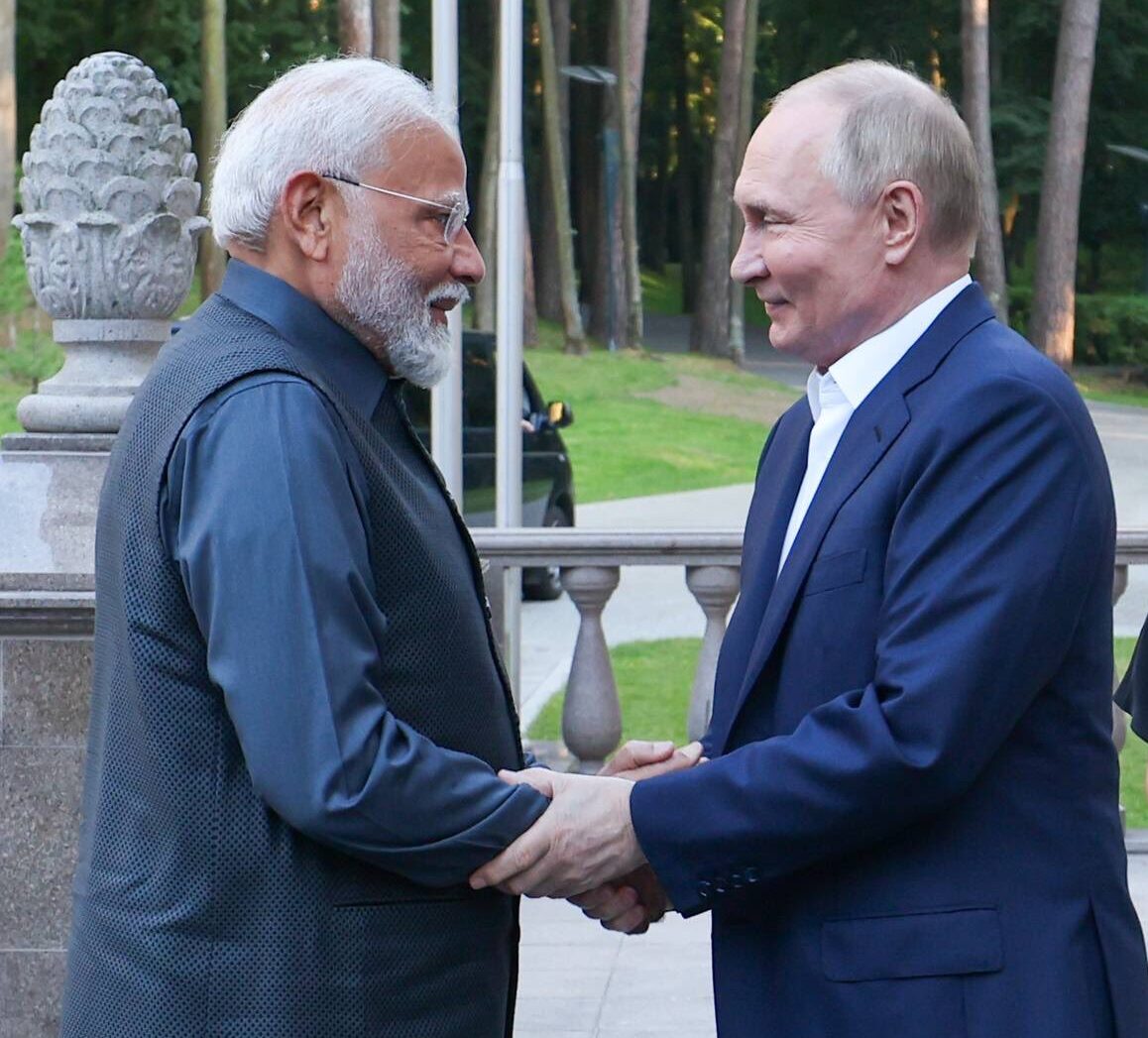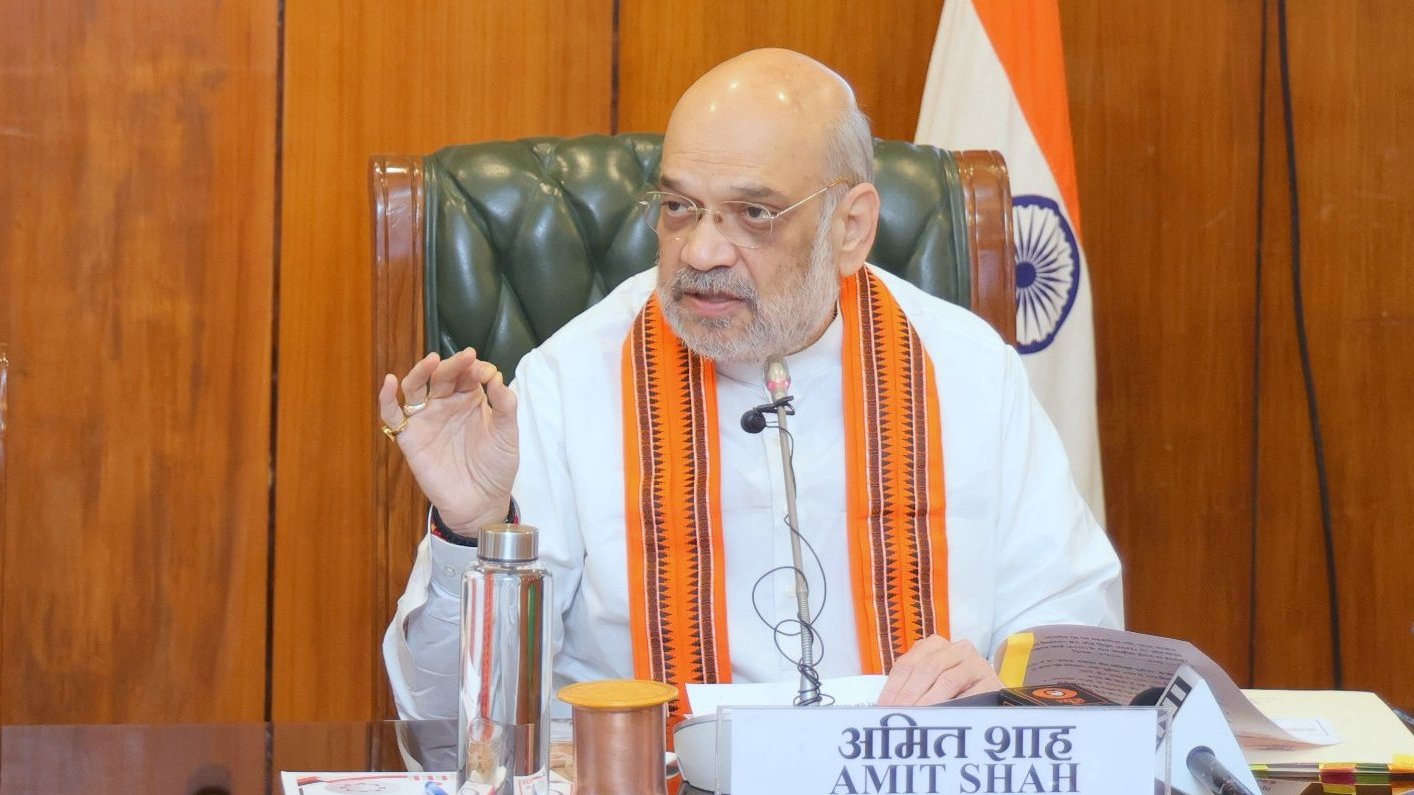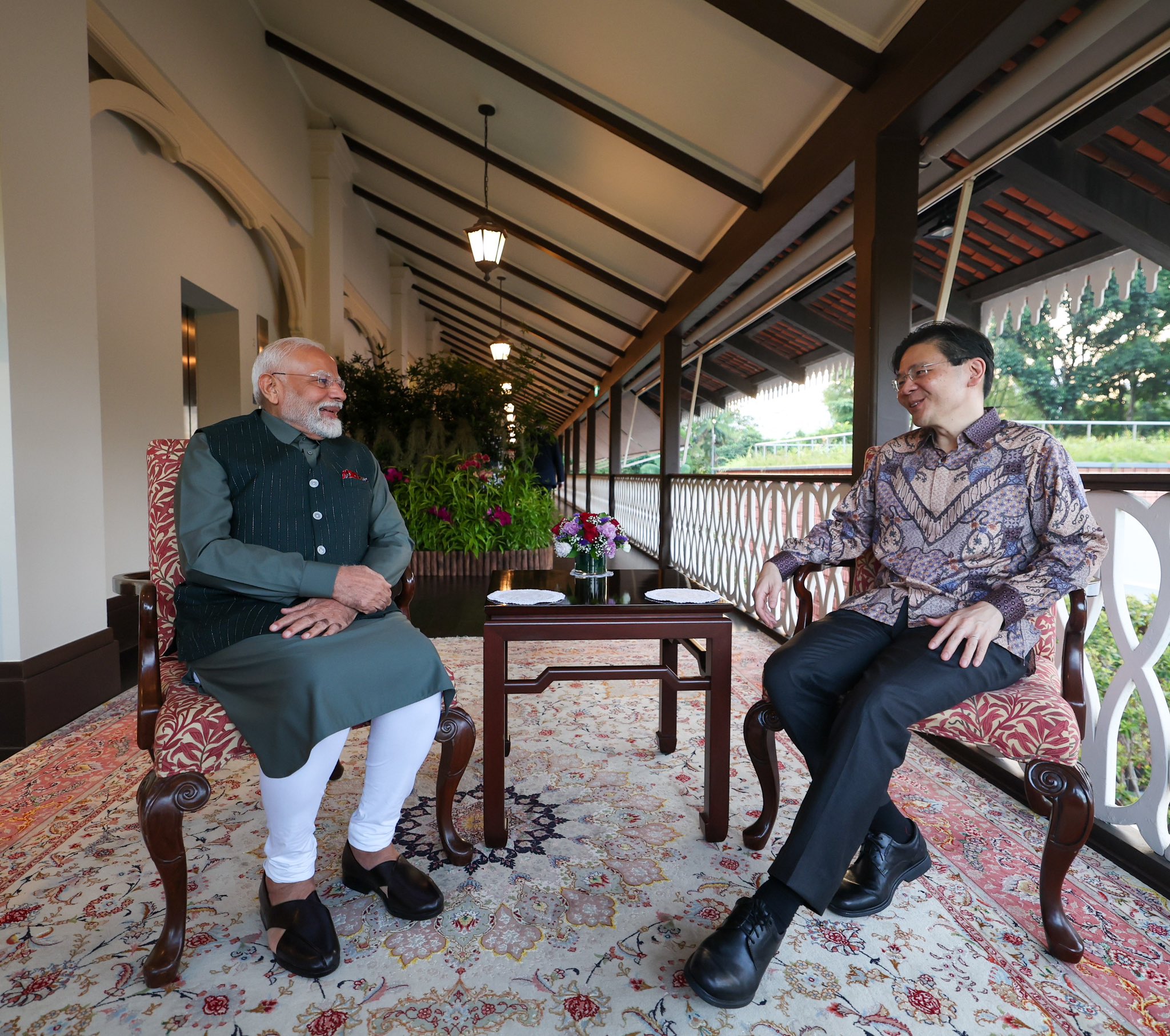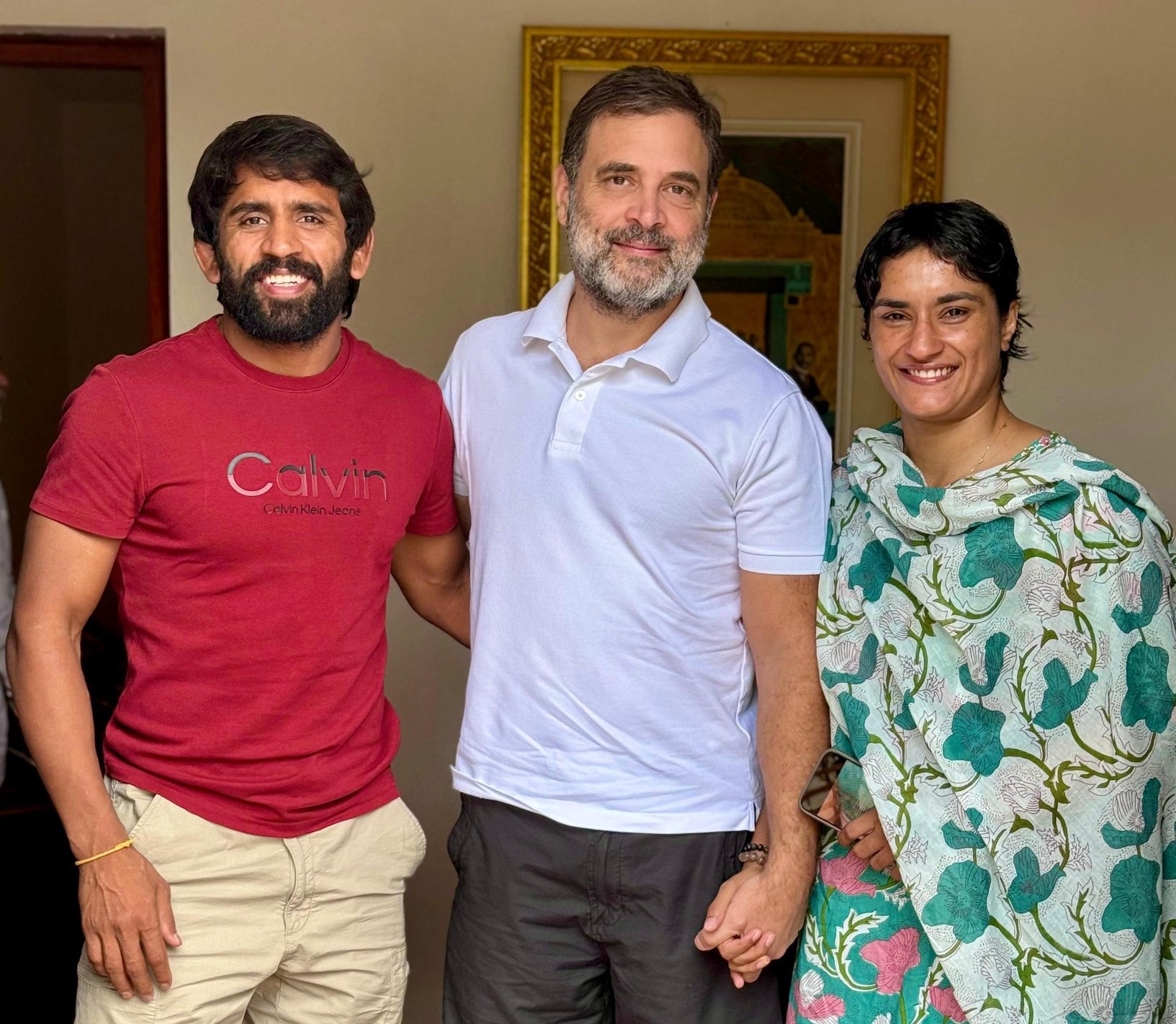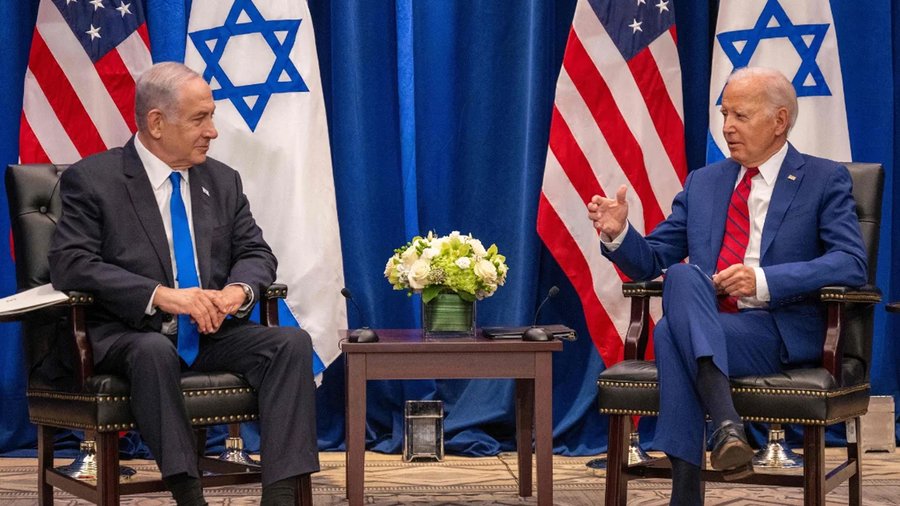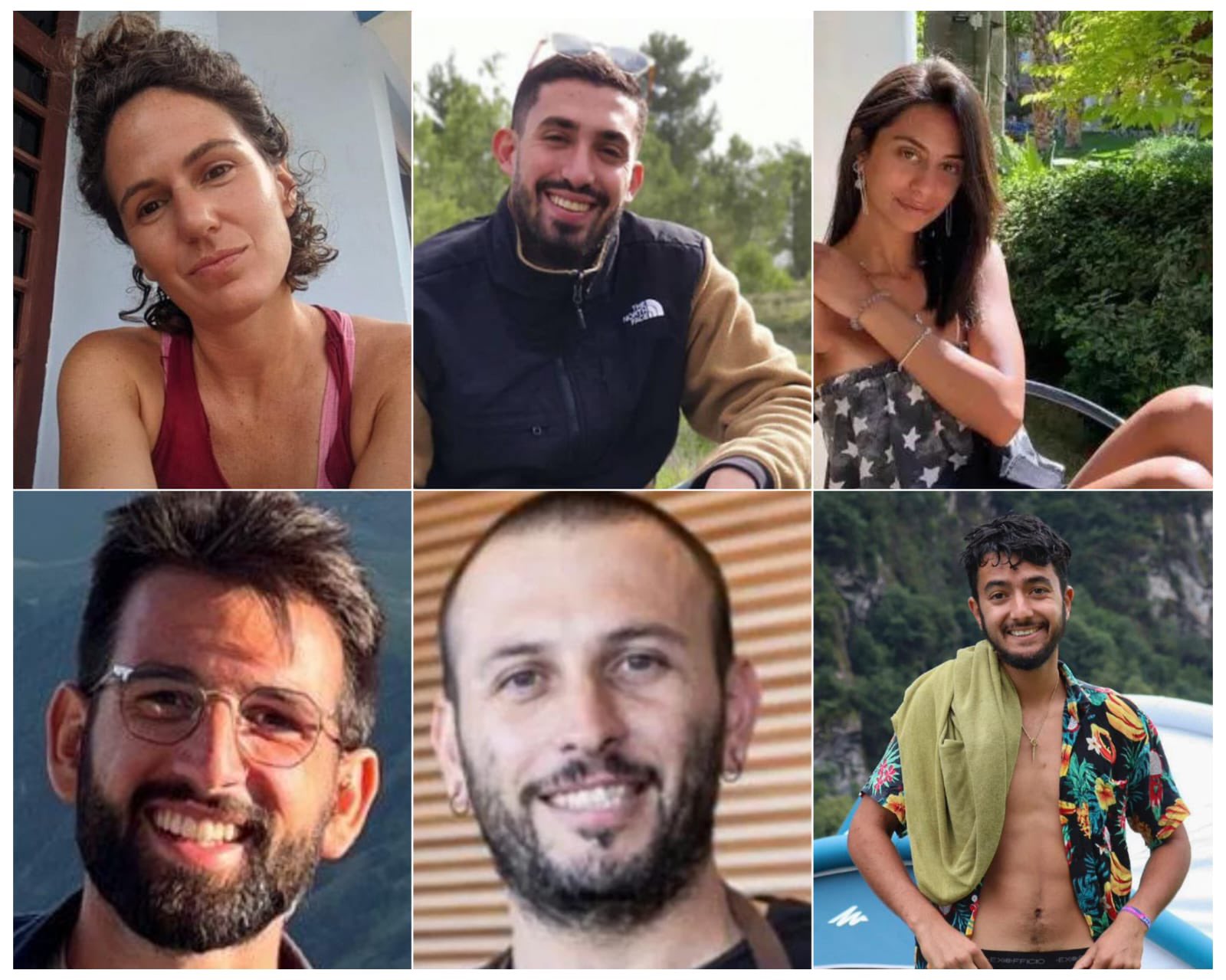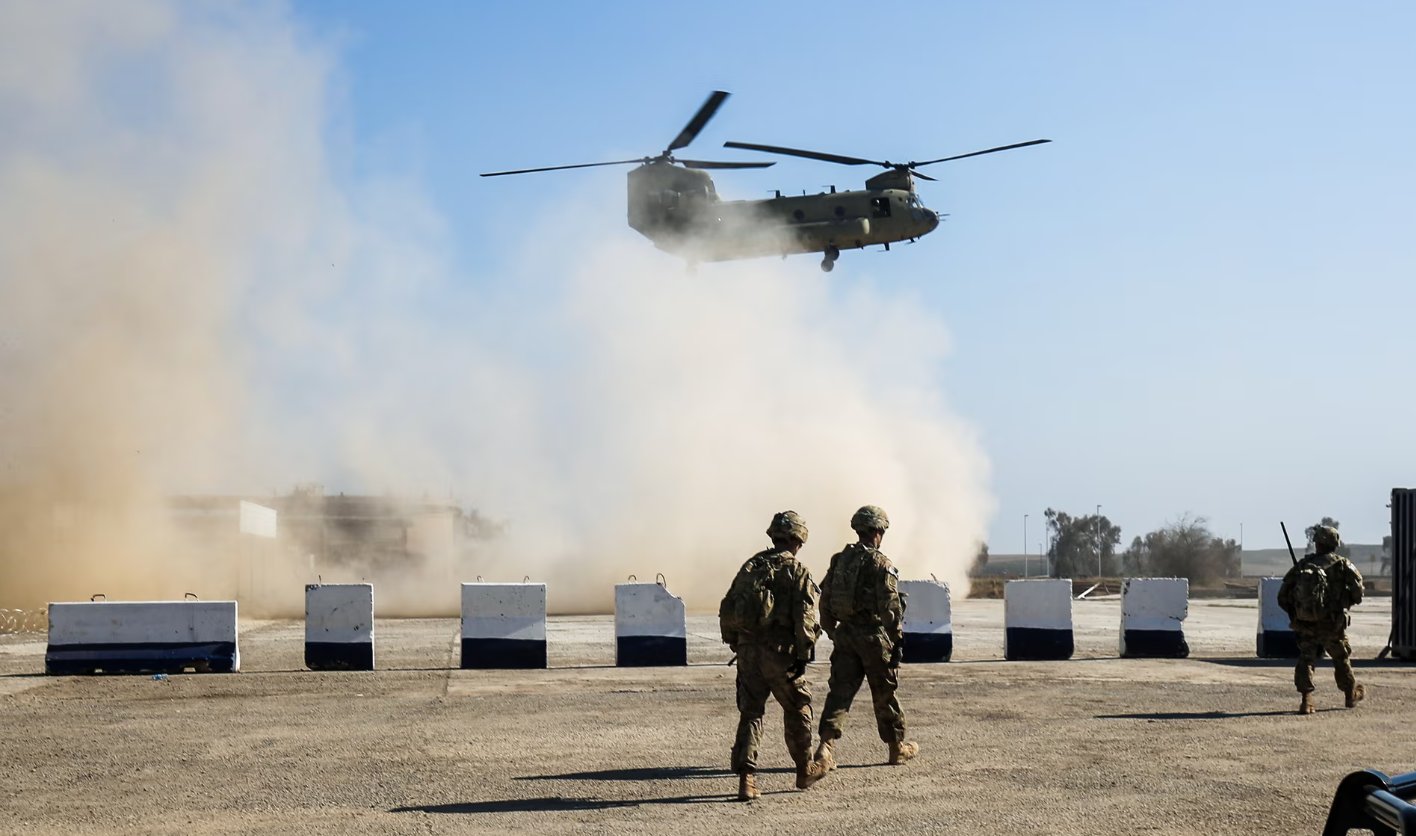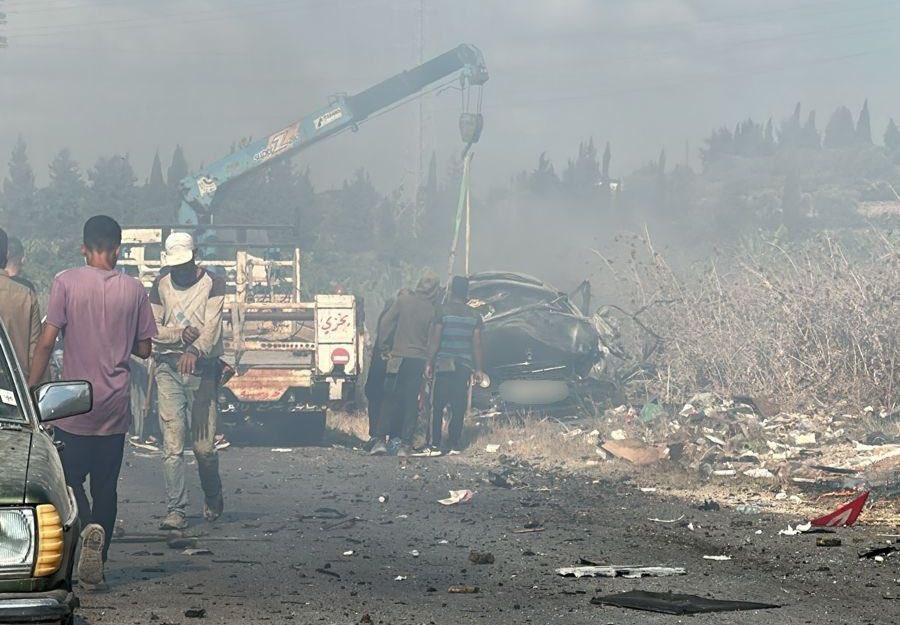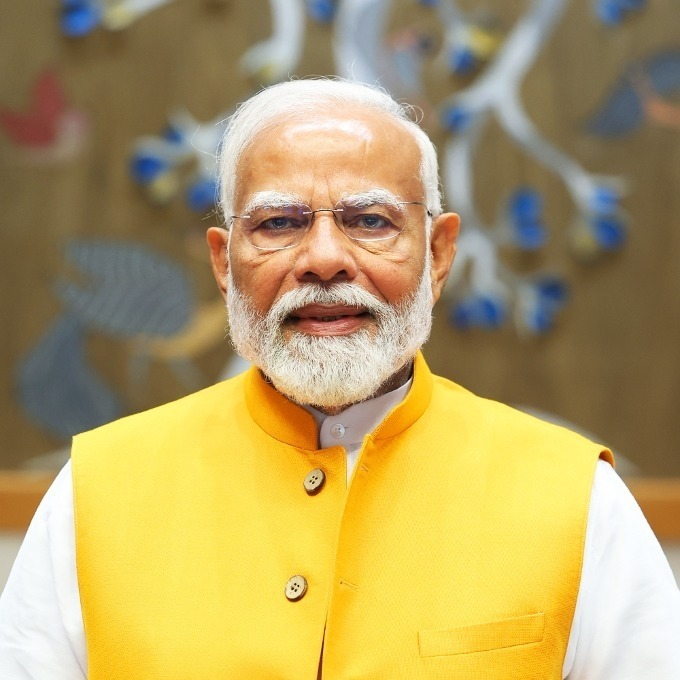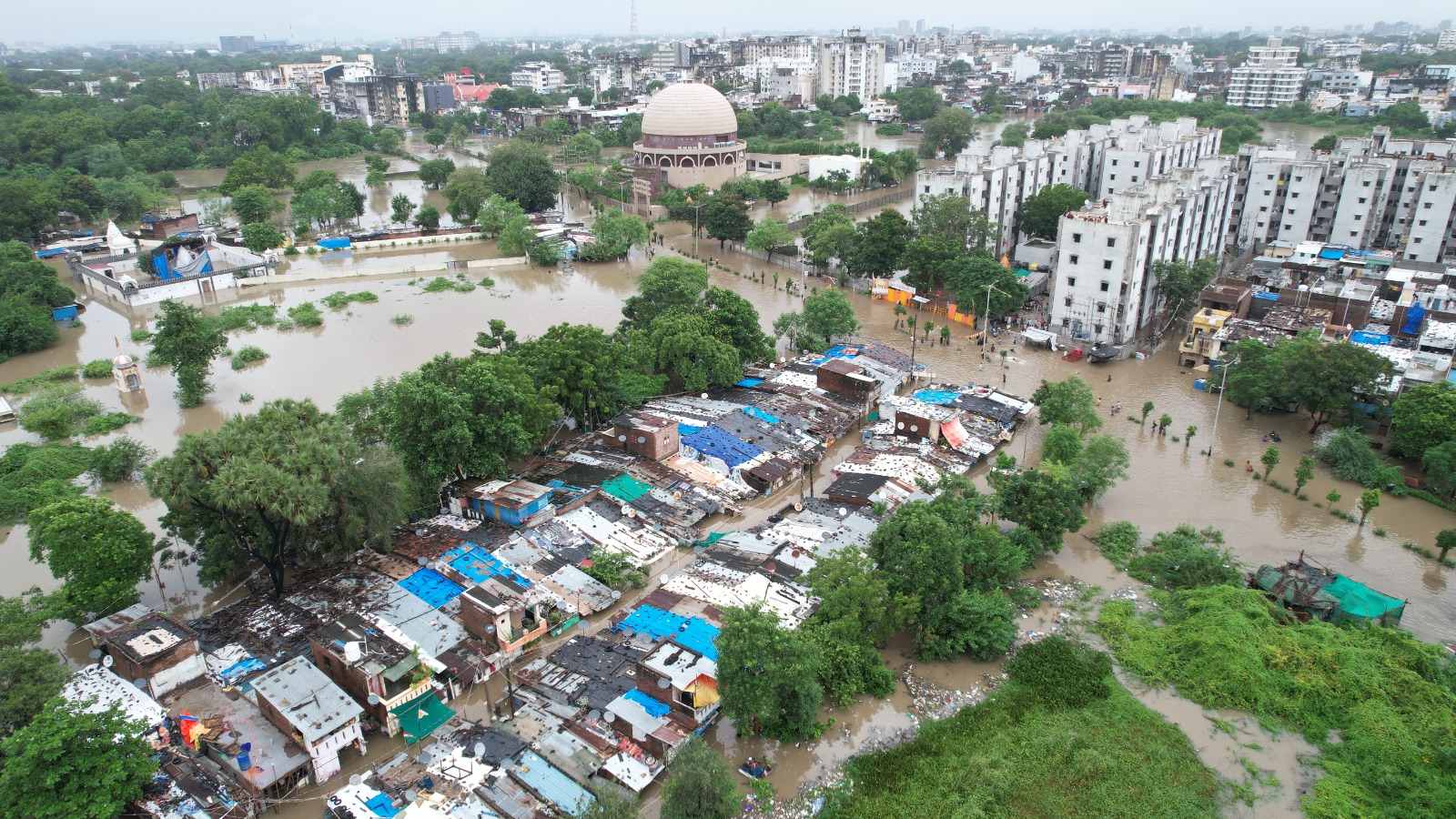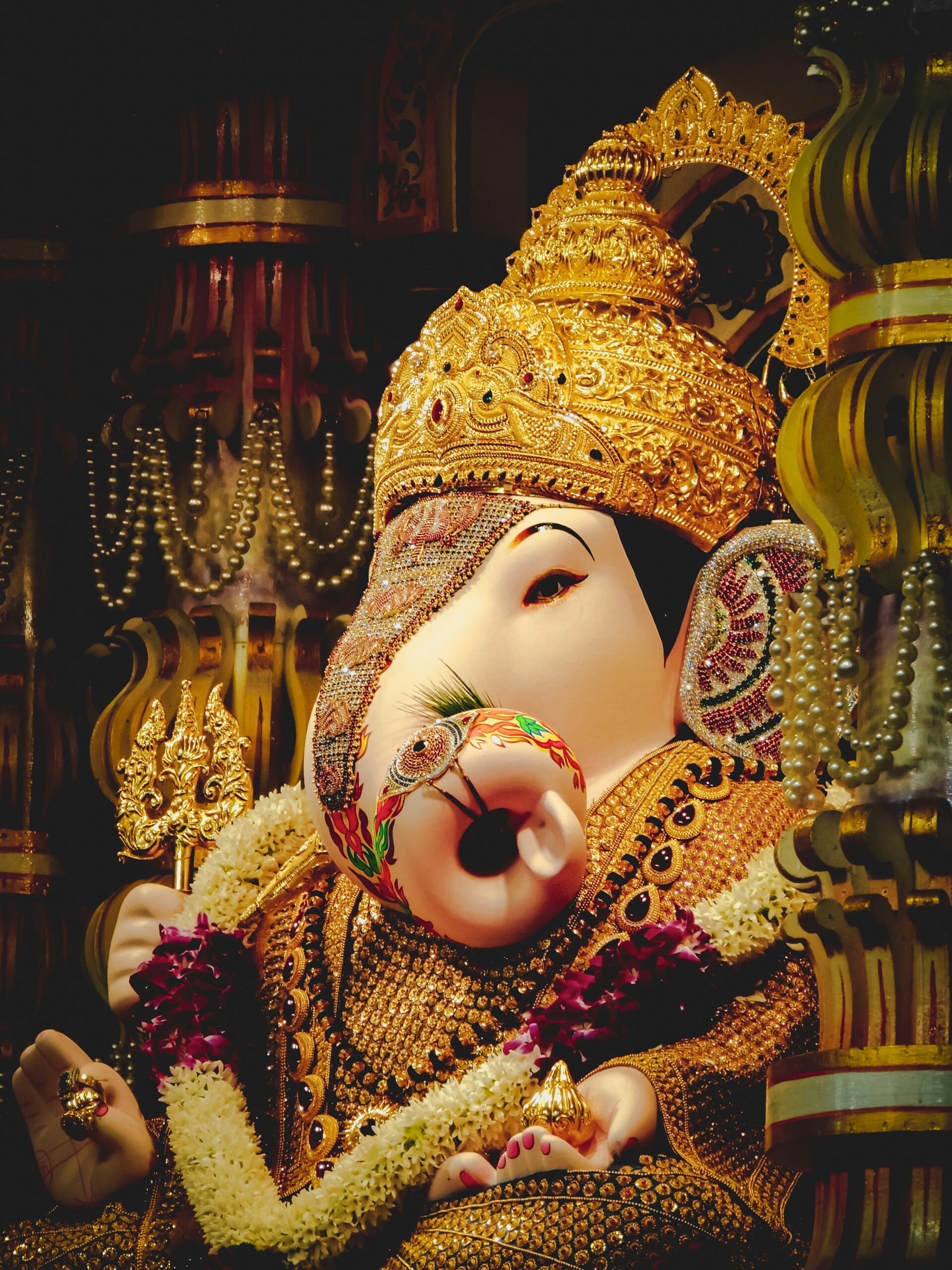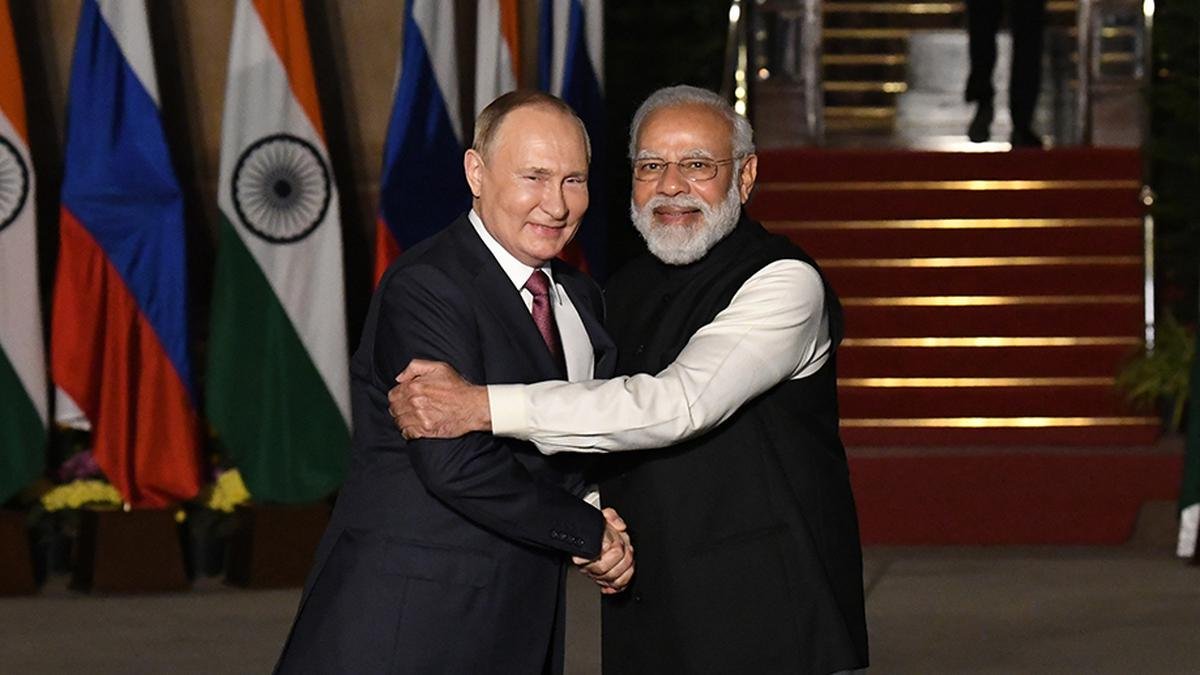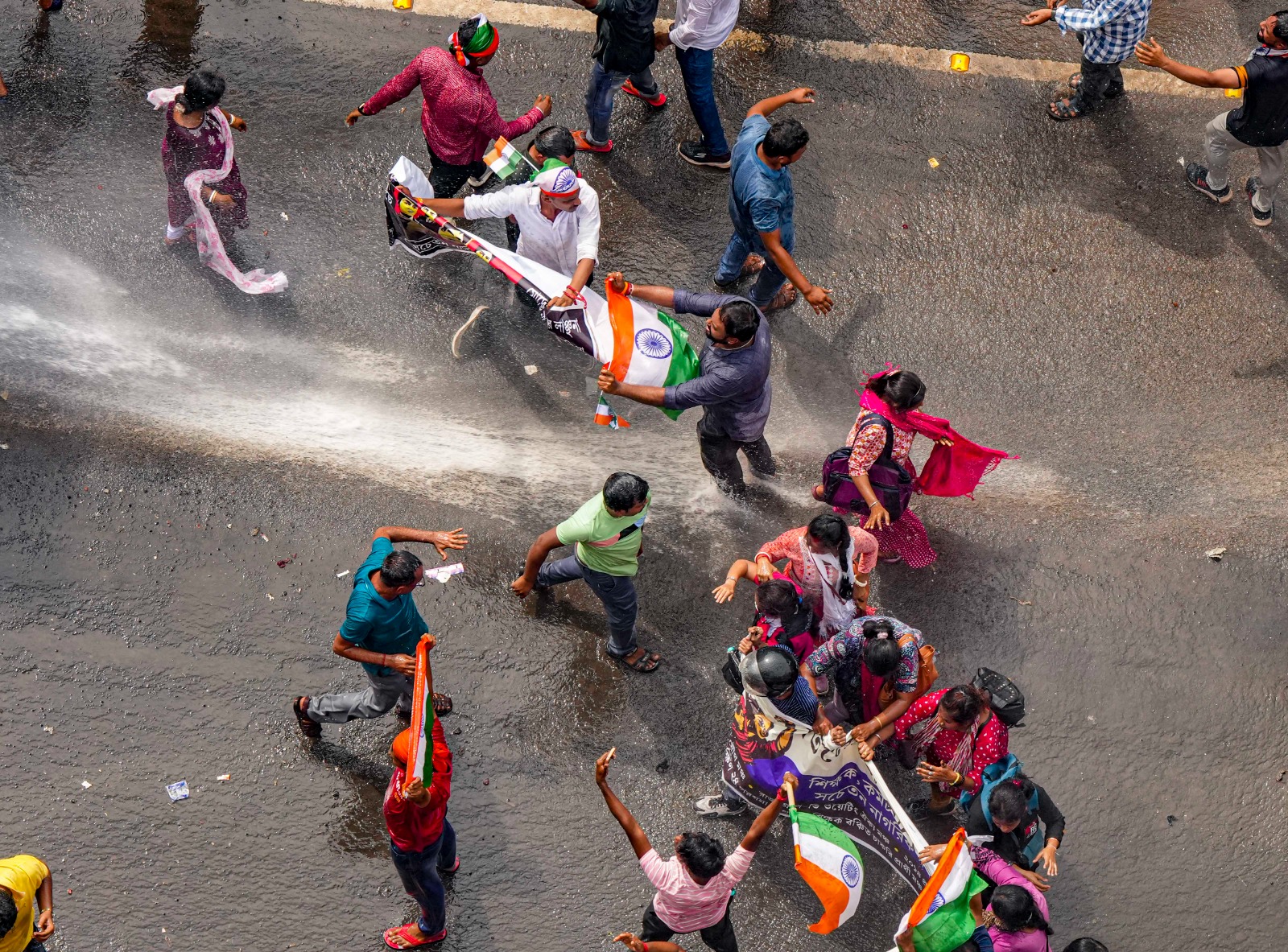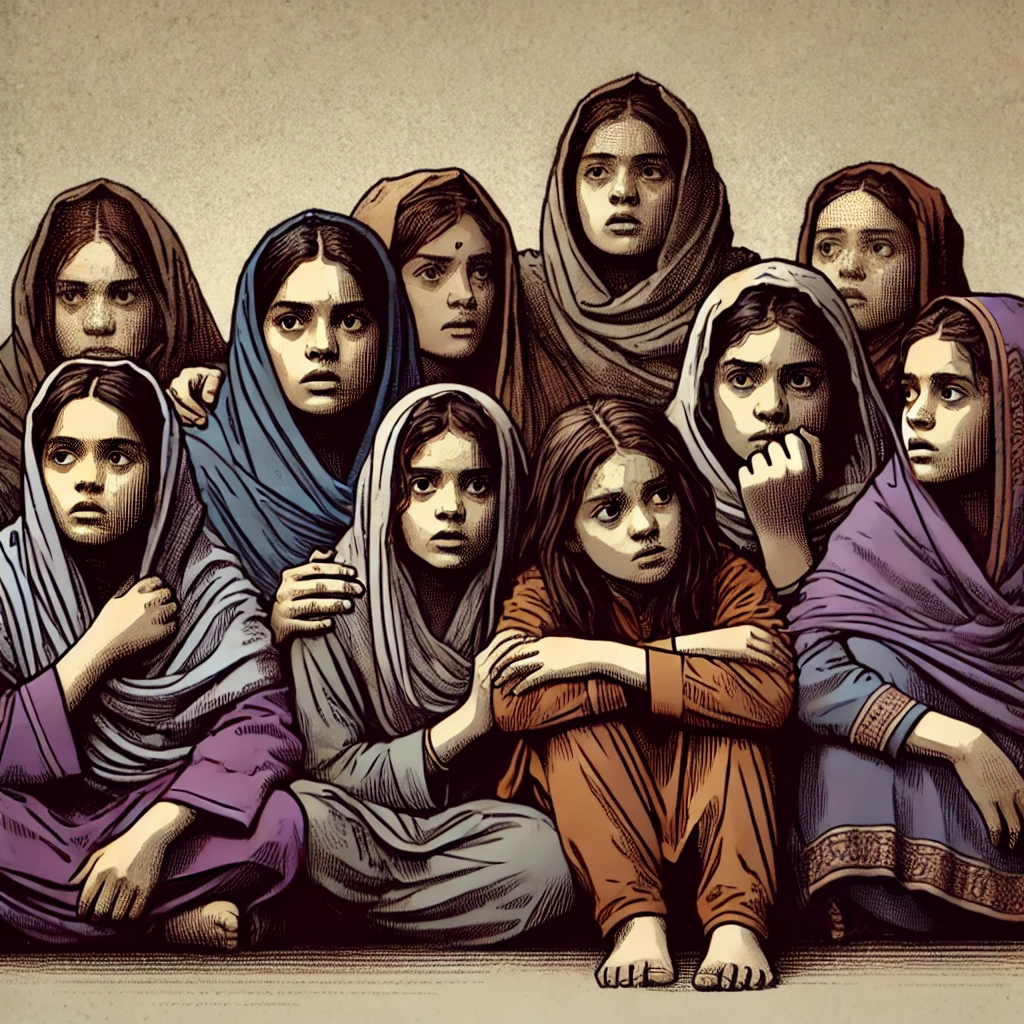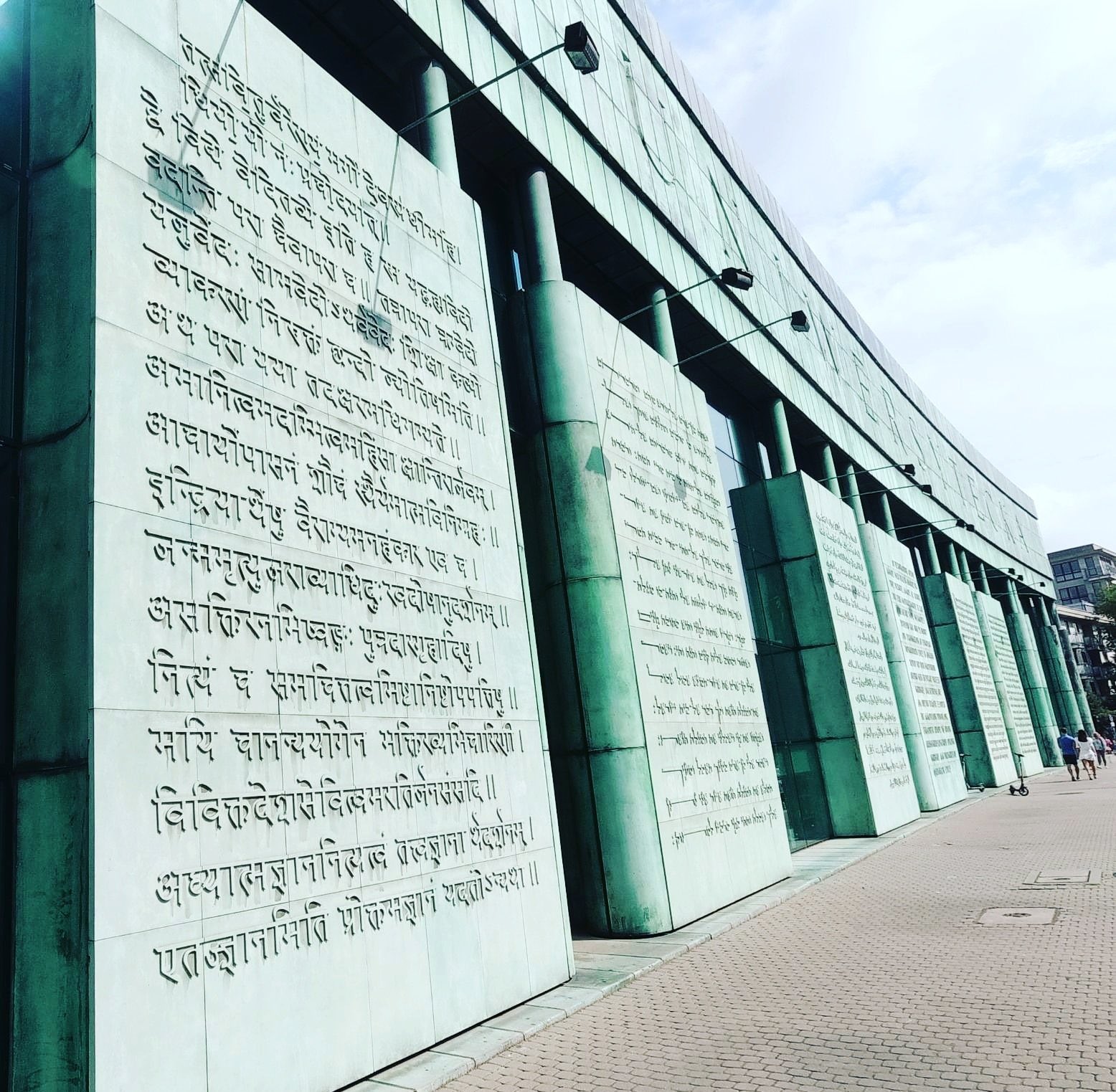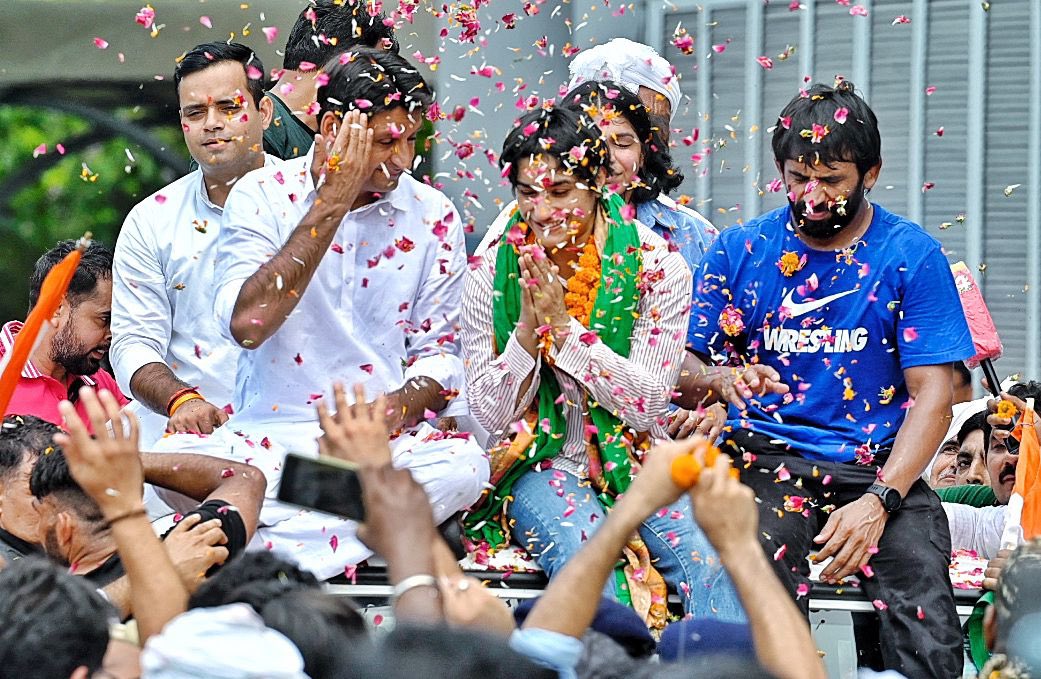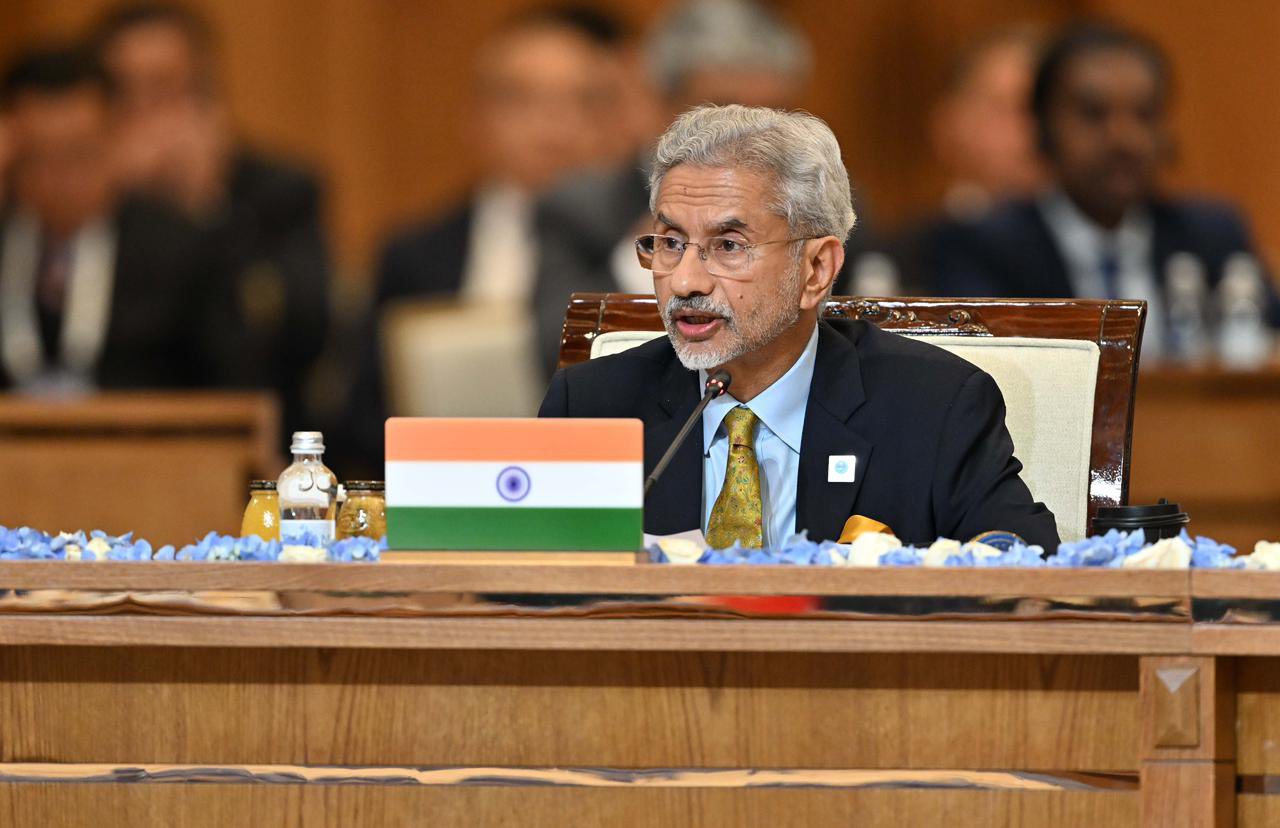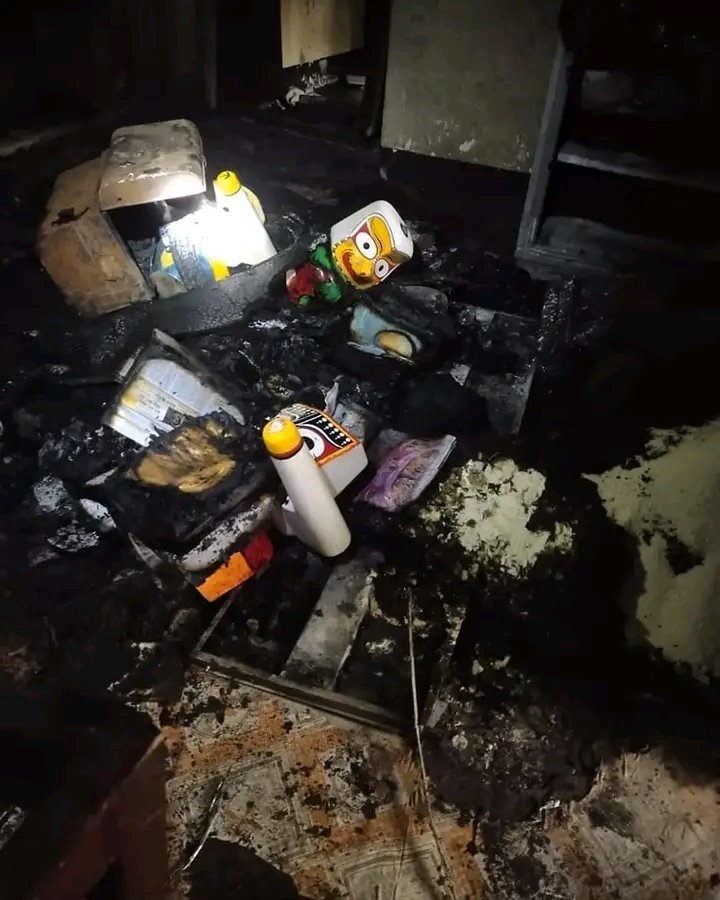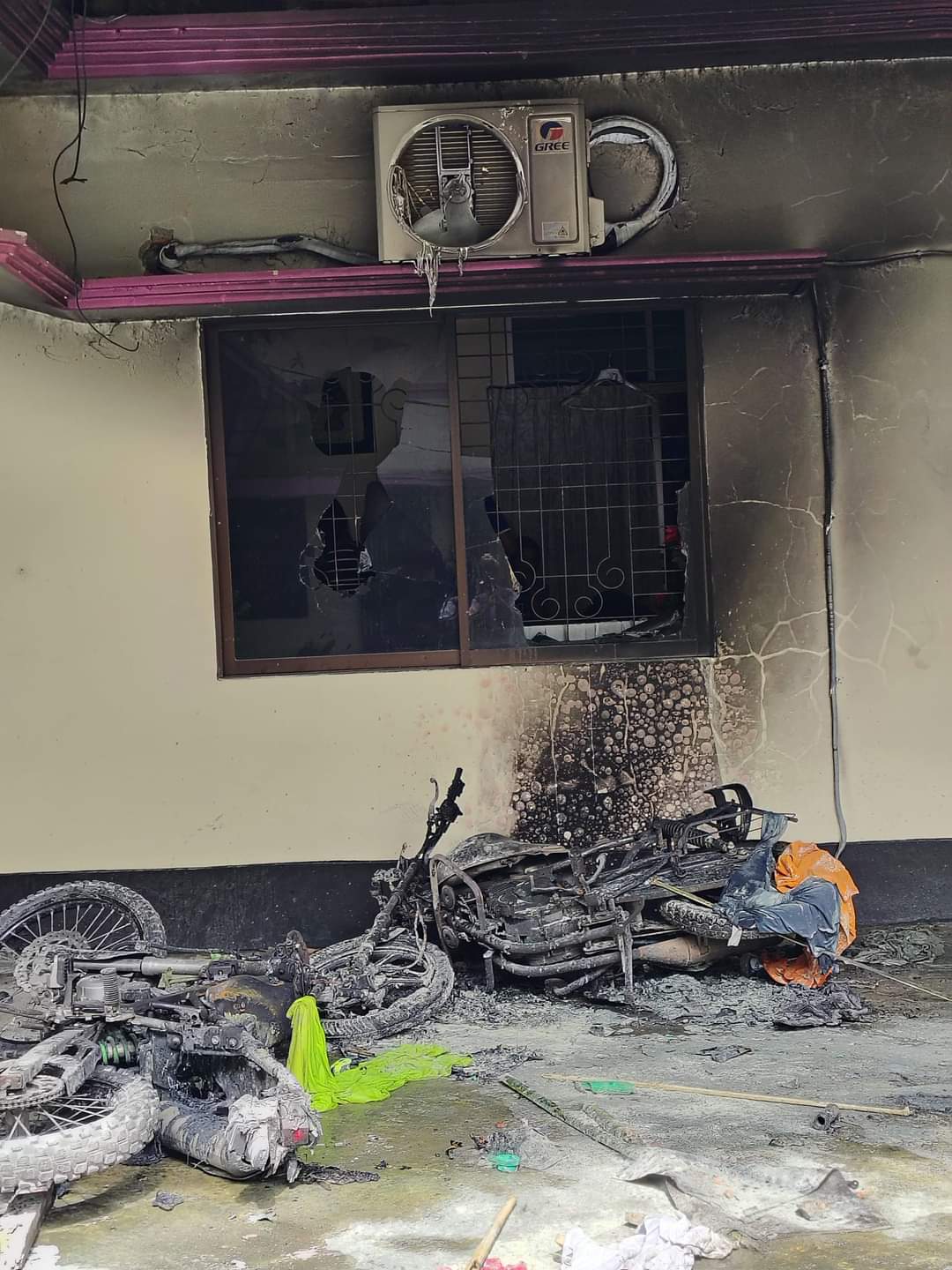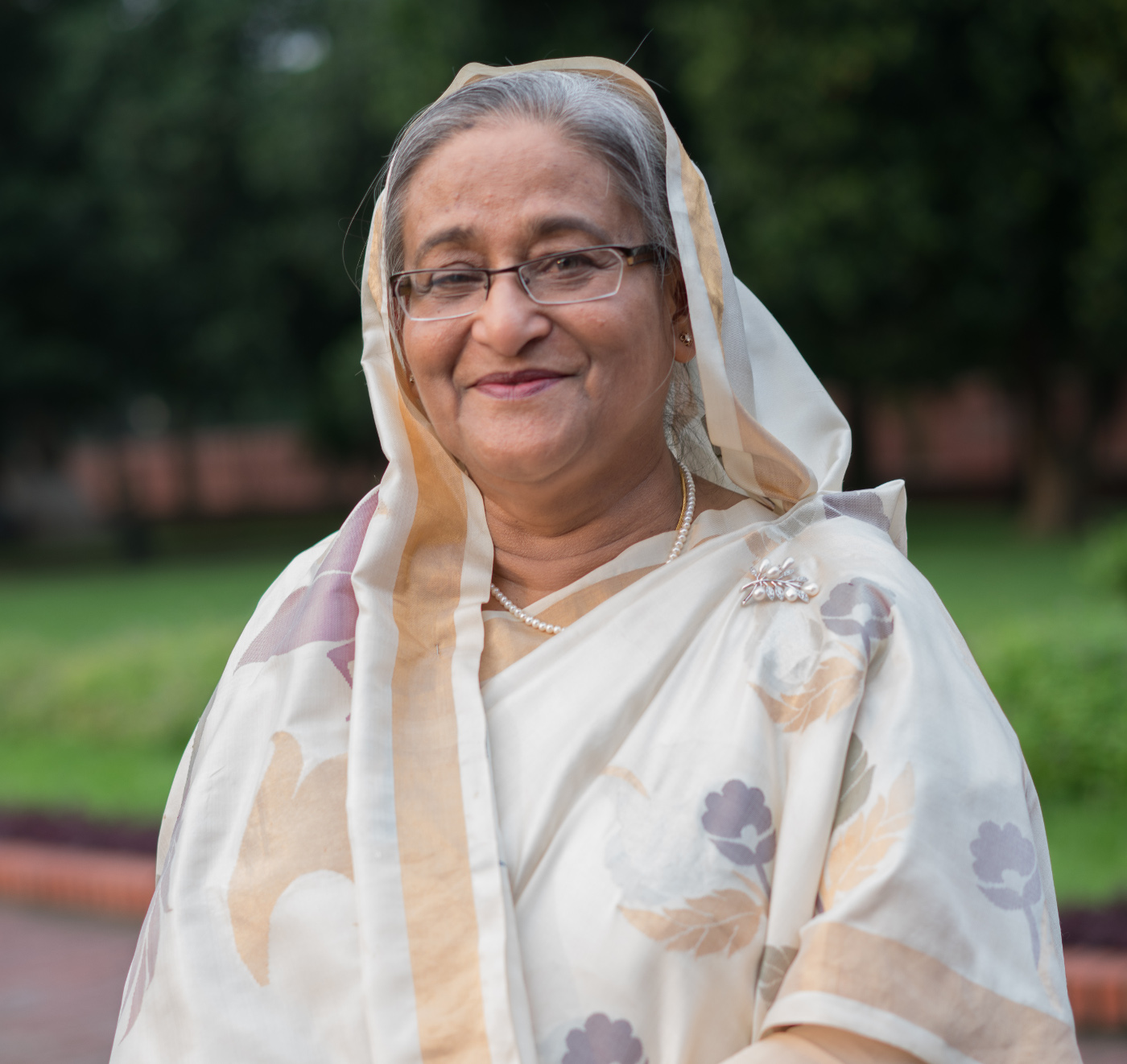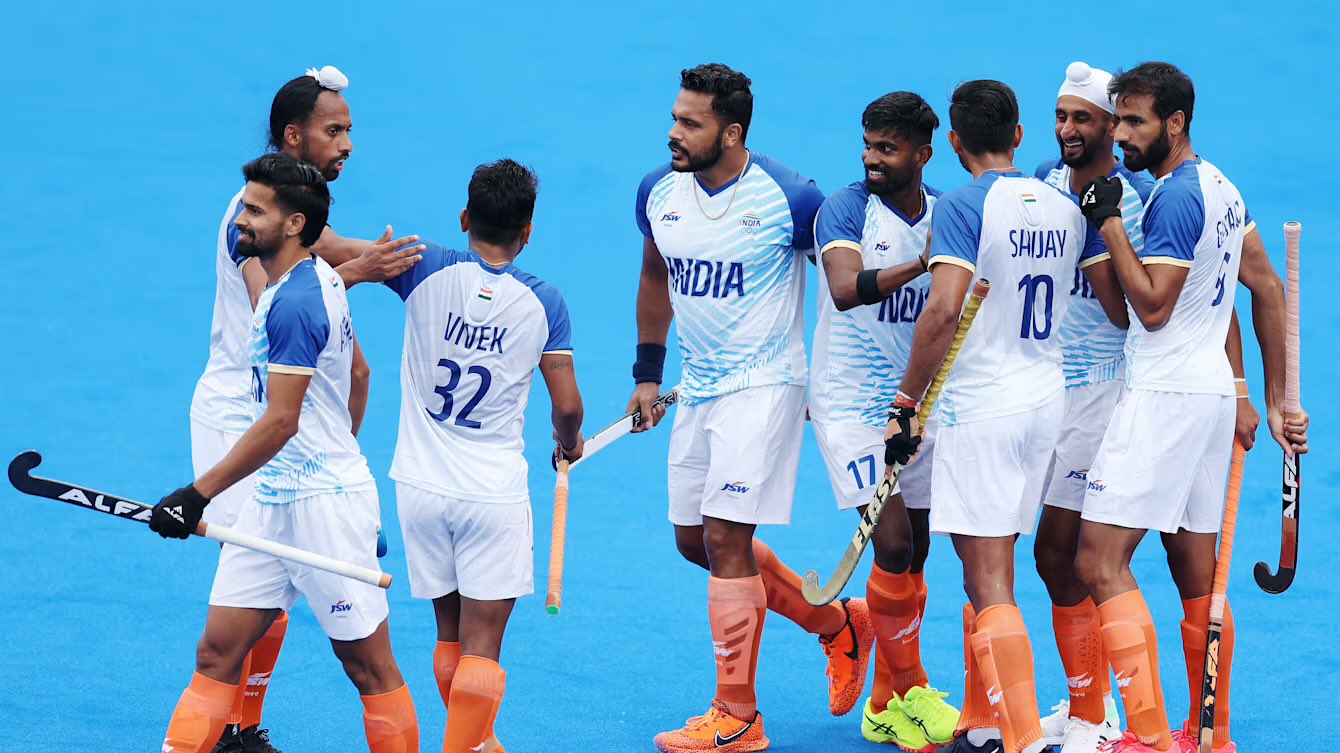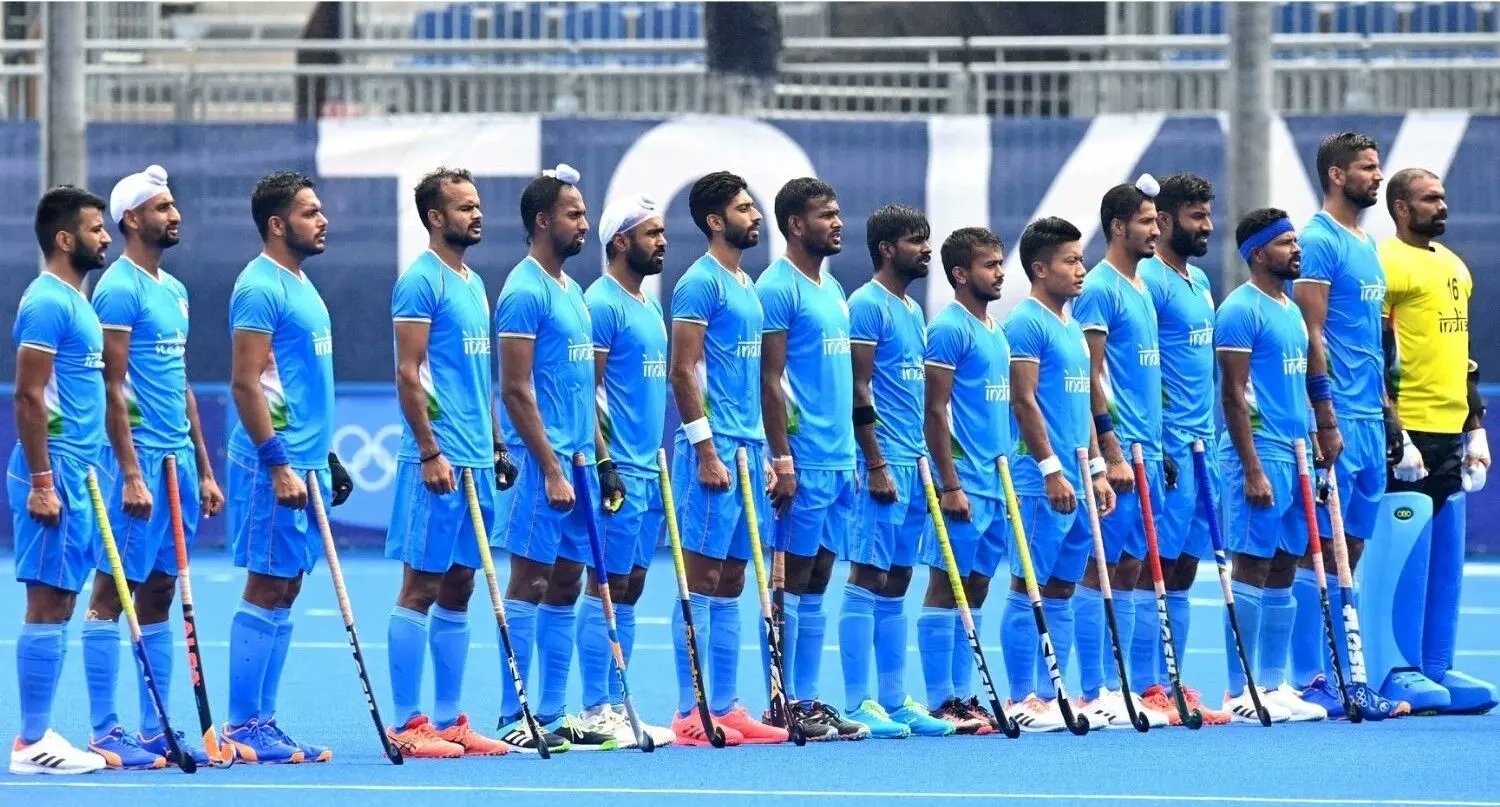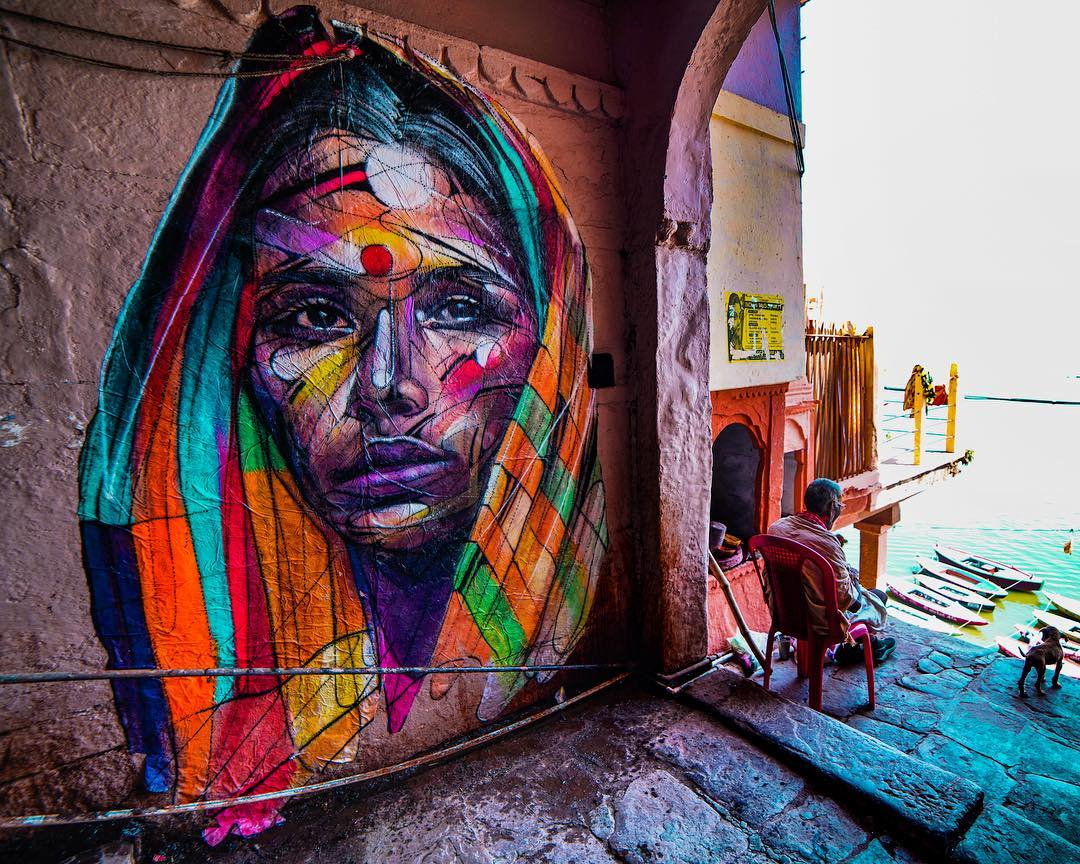In the midst of the unrelenting ethnic violence that has gripped Manipur, a peaceful life was shattered forever. The sounds of gunfire and explosions, which have become all too familiar in the valley, claimed yet another innocent life. Ngangbam Surbala Devi, a 31-year-old mother of two, was more than just a homemaker. She was the backbone of her family, ensuring the well-being of her children and supplementing their modest income through hard work. However, on September 1, 2024, the senseless violence took her life, leaving behind a grieving family and a void that can never be filled.
A Devoted Mother and Wife
Surbala Devi’s life was centered around her family. She lived in the quiet village of Phayeng, nestled in the lush green hills of Manipur. Her husband, Ngangbam Ingo, worked as a village guard, often staying away from home due to the ongoing ethnic tensions. In his absence, Surbala not only took care of their two children, Mahesh, 14, and Rosia, 8, but also managed their household and supported the family financially.
To make ends meet, Surbala ran a small piggery and a local rice liquor brewery. Despite the modest income, her relentless efforts kept her family afloat, even during the ongoing Manipur crisis. Her dedication to her family was evident in everything she did, from managing household chores to ensuring that her children received the education they deserved.
A Special Day Turned Tragic
August 31, 2024, was a day of excitement for Surbala. Her son Mahesh, who boarded at Kangleipak Modern School in Lairenkabi, had his mid-term results out. Eager to see how her son had performed, she prepared for the visit. Knowing Mahesh’s love for chicken curry, she made sure to prepare his favorite dish. The night before, she called her husband Ingo and asked him to prepare the meal for their son.
On the morning of September 1, Surbala set off on her two-wheeler to pick up her husband. After sharing a simple lunch together—a rare moment of family time—she dropped him back and continued her journey to the school with her daughter, Rosia, and a nephew.
At the school, Surbala was anxious but proud when Mahesh told her that he had secured sixth rank. She encouraged him to try harder for the final exams, showing her unwavering support for her children’s education. They shared a meal of chicken curry and other treats she had brought, cherishing these precious moments together.
After spending time with Mahesh, Rosia and their cousin insisted on visiting their grandmother’s house in Koutruk. Giving in to their pleas, Surbala promised Mahesh that she would see him again soon, not knowing that these would be her last words to him.
ALSO READ – Violence in Manipur: Five Dead in Exchange of Gunfire Between Kuki and Meitei Groups Amid Rising Ethnic Tensions
The Attack That Claimed Her Life
Later that day, while Mahesh was being driven back home in Phayeng, unaware of the looming tragedy, Surbala and her children arrived at Koutruk. The village, located at the foothills of Kangpokpi, had long been a vulnerable target in the ethnic violence between the Kuki insurgents and the Meitei community.
On September 1, suspected Chin-Kuki militants launched a brutal attack on the village. They escalated their aggression by using military-grade drones to drop bombs, a new and terrifying tactic in the conflict. The attack was accompanied by heavy gunfire from the mountains surrounding the village.
In the midst of the chaos, Surbala called her husband, her voice trembling with fear. “We’re in Koutruk, and there’s firing from the mountains. They’re even using drones to drop bombs. I’ve taken the kids, and we’re ducking for cover,” she told him. Ingo, who was 8 kilometers away, could only urge her to stay safe. These were the last words they would ever exchange.
Moments later, a bullet pierced the earthen wall of the verandah where Surbala and Rosia were taking cover. The bullet struck Rosia in the arm before fatally hitting Surbala in the head. The senseless attack claimed the life of a loving mother and left her daughter injured and traumatized.
A Family Devastated by Grief
When Mahesh returned home to Phayeng, he was shocked to find a crowd of people dressed in white gathered in his courtyard. Fear gripped him as he rushed inside, searching for his mother. It was then that he learned the devastating news—his mother had been killed in the attack.
The loss of Surbala shattered her family. Her husband, Ingo, was overwhelmed with grief. “Why did this happen to my wife? She was the kindest, most hard-working person. She single-handedly took care of our family. How will I live without her? How will I raise our children?” he said, breaking down in tears.
The pain of losing a loved one to such senseless violence is unimaginable. Surbala was not just a victim of the ethnic conflict; she was a symbol of resilience, love, and devotion. Her death is a tragic reminder of the innocent lives being torn apart by the violence that has engulfed Manipur.
A Community in Mourning
The attack on Koutruk shocked the entire community. Romen Leishangthem, secretary of the Koutruk Youth Club, recounted the horrific events of that day. “The militants started firing around 2 pm, catching us off guard. It was a new kind of warfare. They used drones to drop bombs with terrifying precision. Surbala and her daughter were lying on the verandah, trying to stay safe. The bullet that hit Rosia’s arm passed through and struck Surbala, taking her life.”
Surbala’s death adds to the growing list of casualties in the ethnic violence that has ravaged Manipur. Over 230 lives have been lost, many people are still missing, and countless others have been injured, traumatized, and displaced. Homes and places of worship on both sides have been reduced to ashes, and the violence shows no signs of abating.
Despite recent efforts to restore peace, the escalation of violence with advanced weaponry, such as drones and bombs, signals a disturbing trend. The road to reconciliation and normalcy remains fraught with danger, and the situation in Manipur continues to be precarious.
A Plea for Peace
As Manipur grapples with its deep-seated ethnic strife, the memory of Ngangbam Surbala Devi stands as a poignant reminder of the human cost of conflict. A devoted wife, a loving mother, and a pillar of her family, Surbala’s legacy lives on in the hearts of those who knew and loved her.
Her tragic death is a silent plea for peace amidst the chaos, a reminder that the price of violence is too high. As the people of Manipur continue to endure the horrors of war, the story of Surbala Devi serves as a stark example of the innocent lives lost in the crossfire.
In a world torn apart by hatred and division, the memory of Surbala reminds us of the need for compassion, unity, and peace. Her story is not just one of loss but also a testament to the strength and resilience of the human spirit.
As Manipur mourns yet another victim of senseless violence, the hope for peace remains, however distant it may seem.


